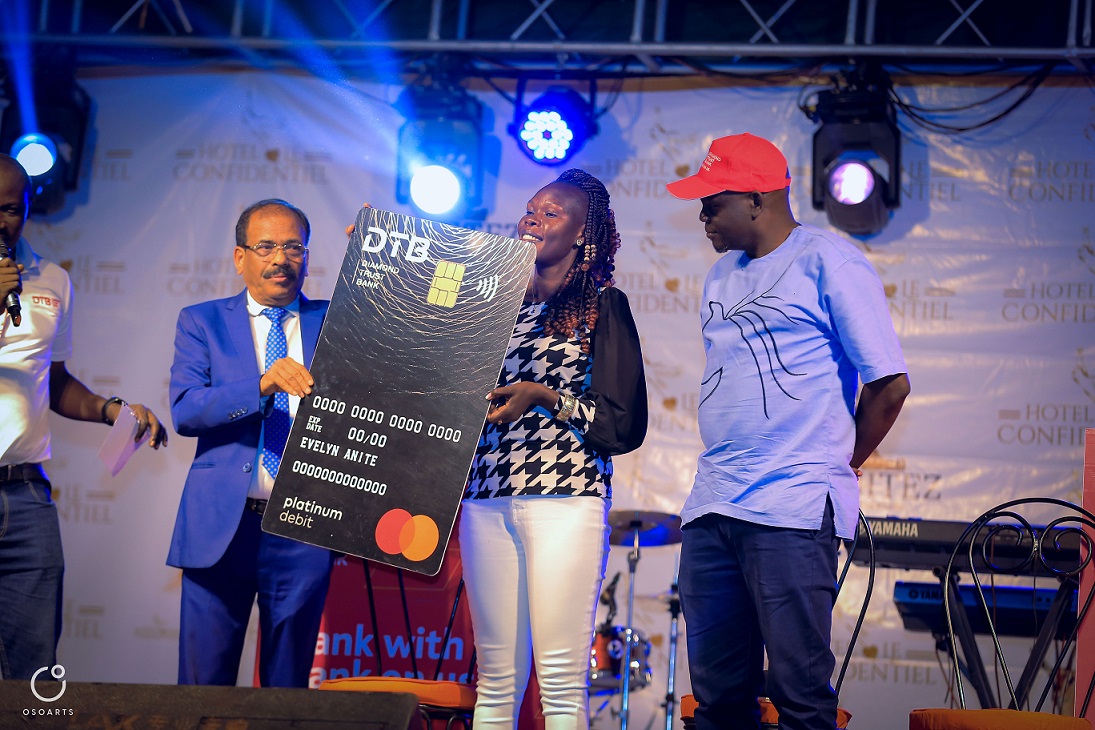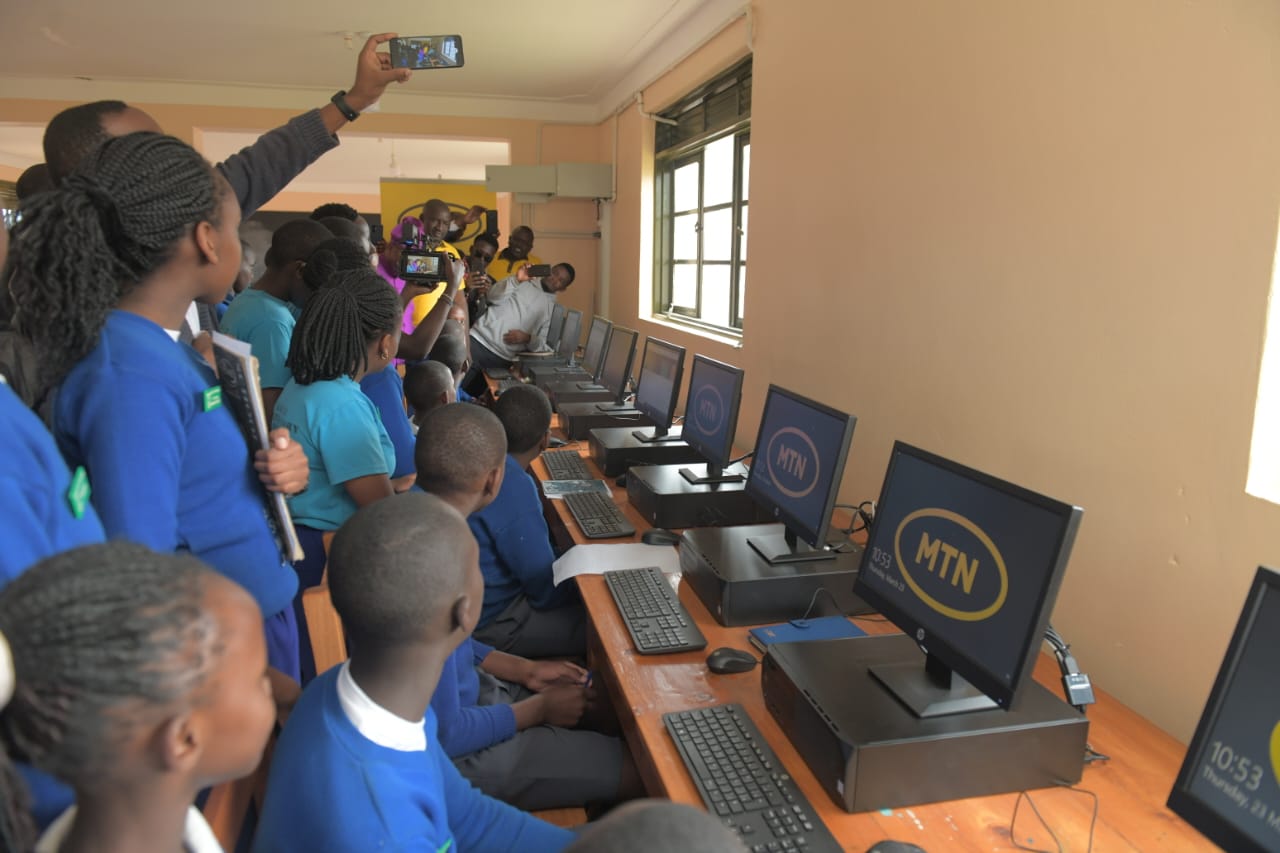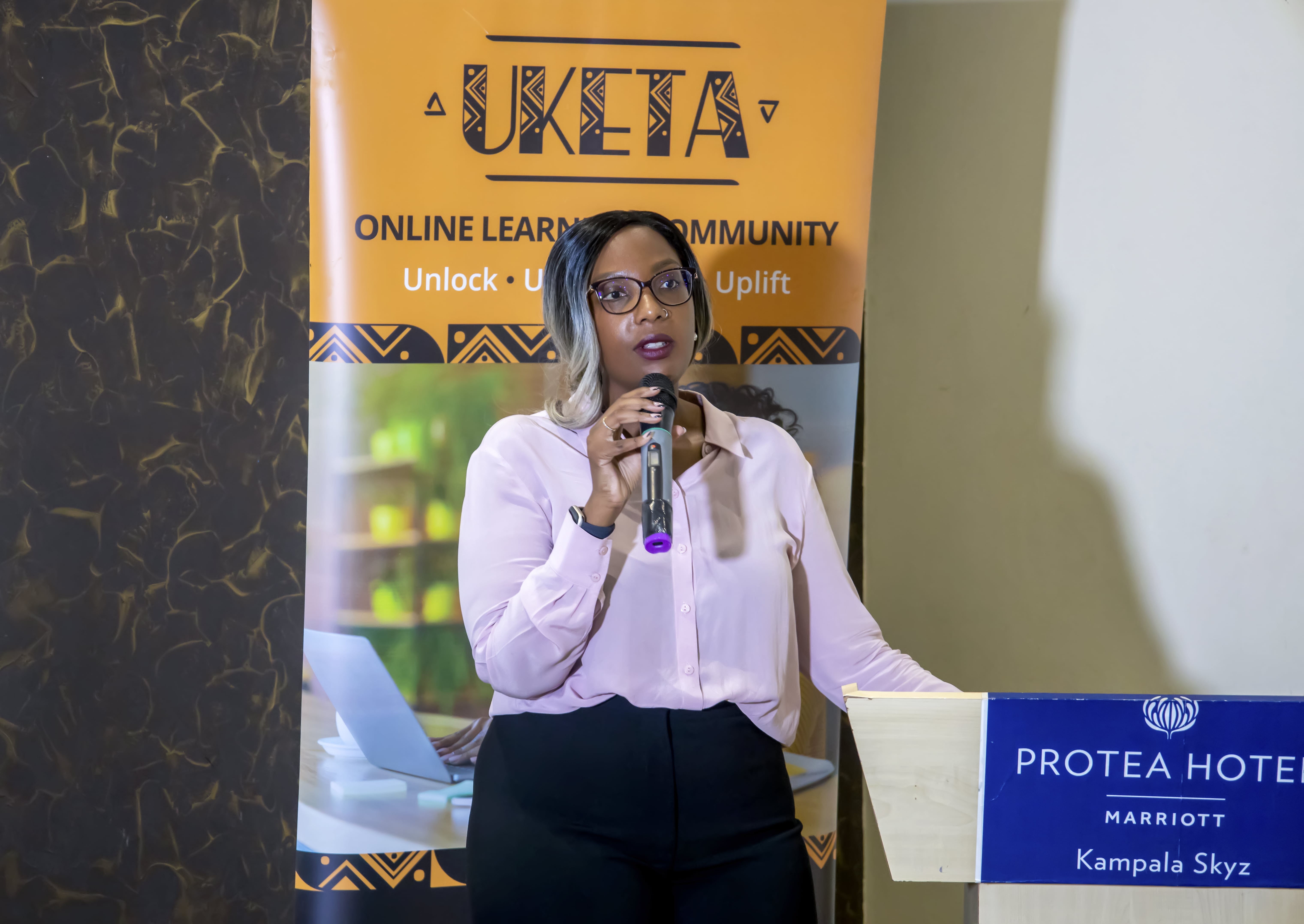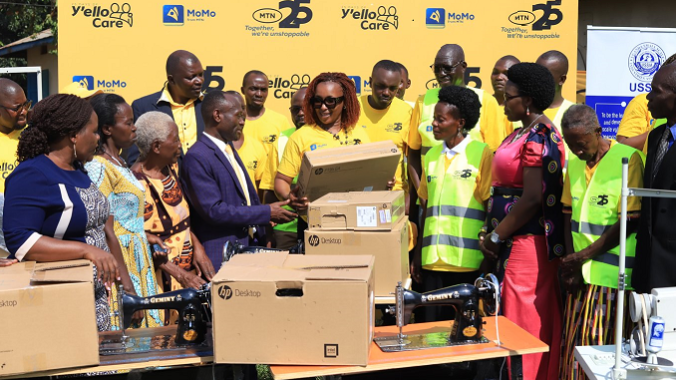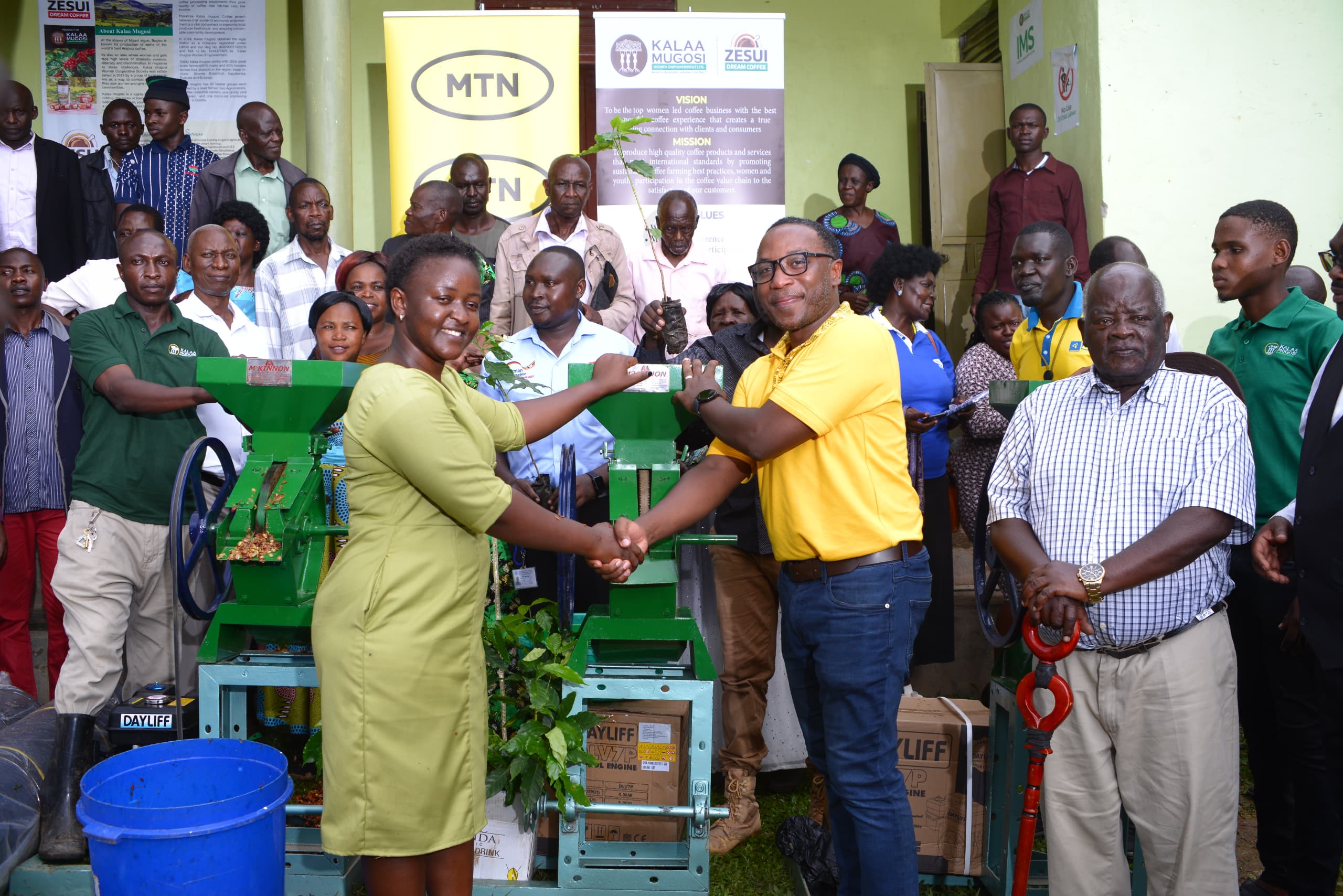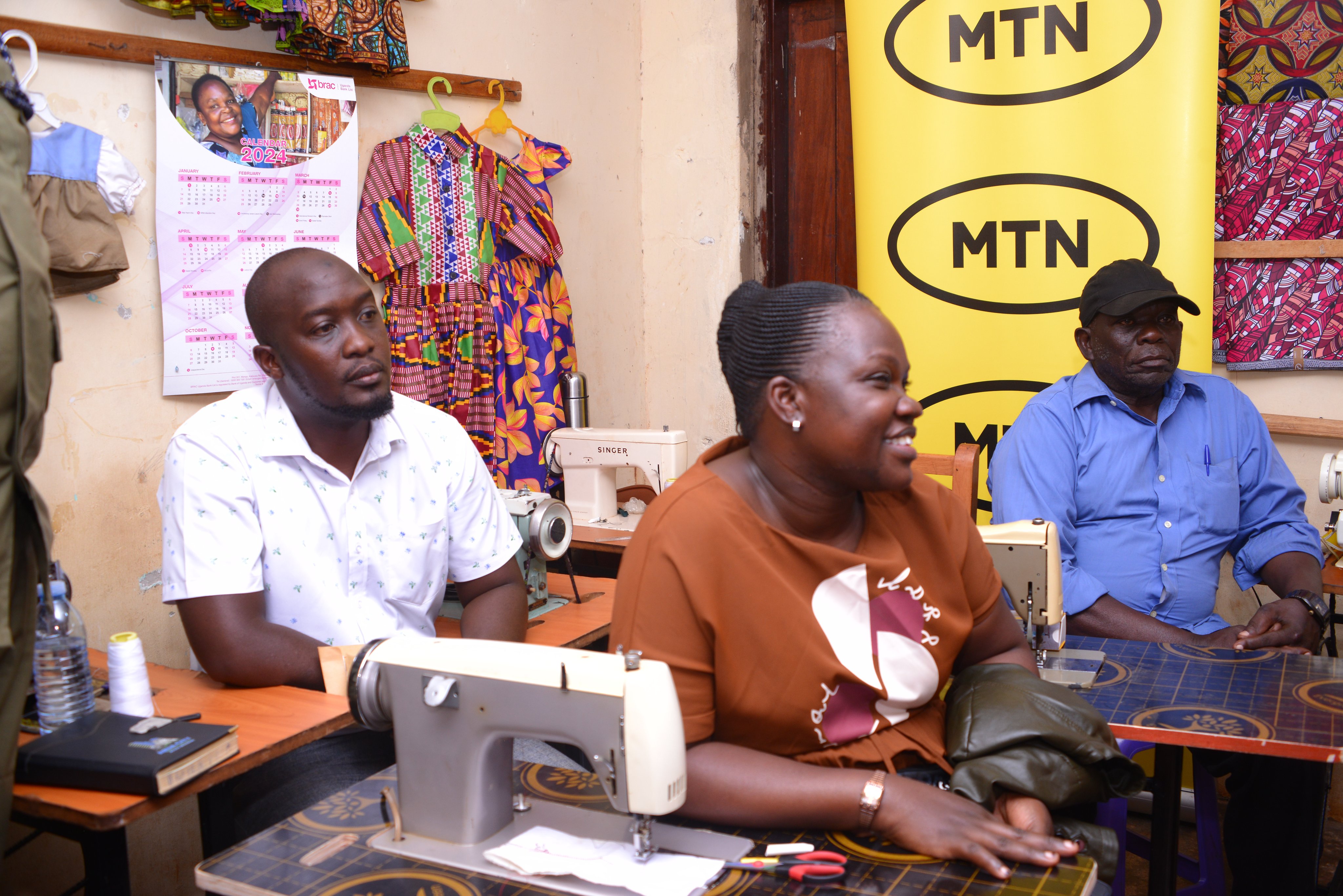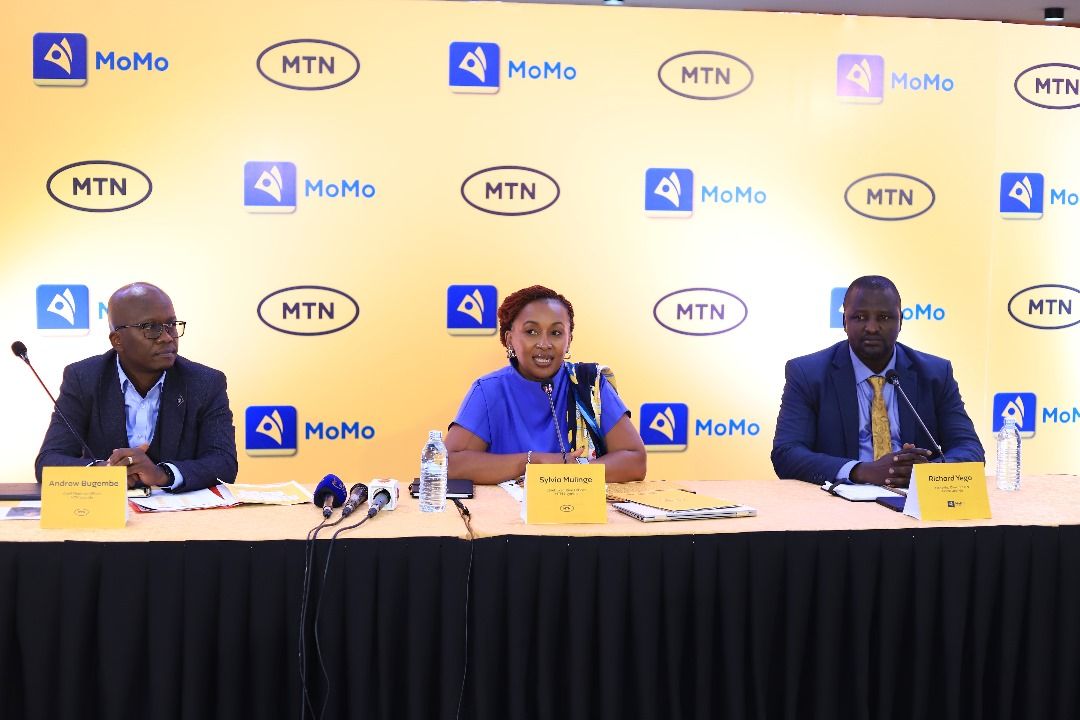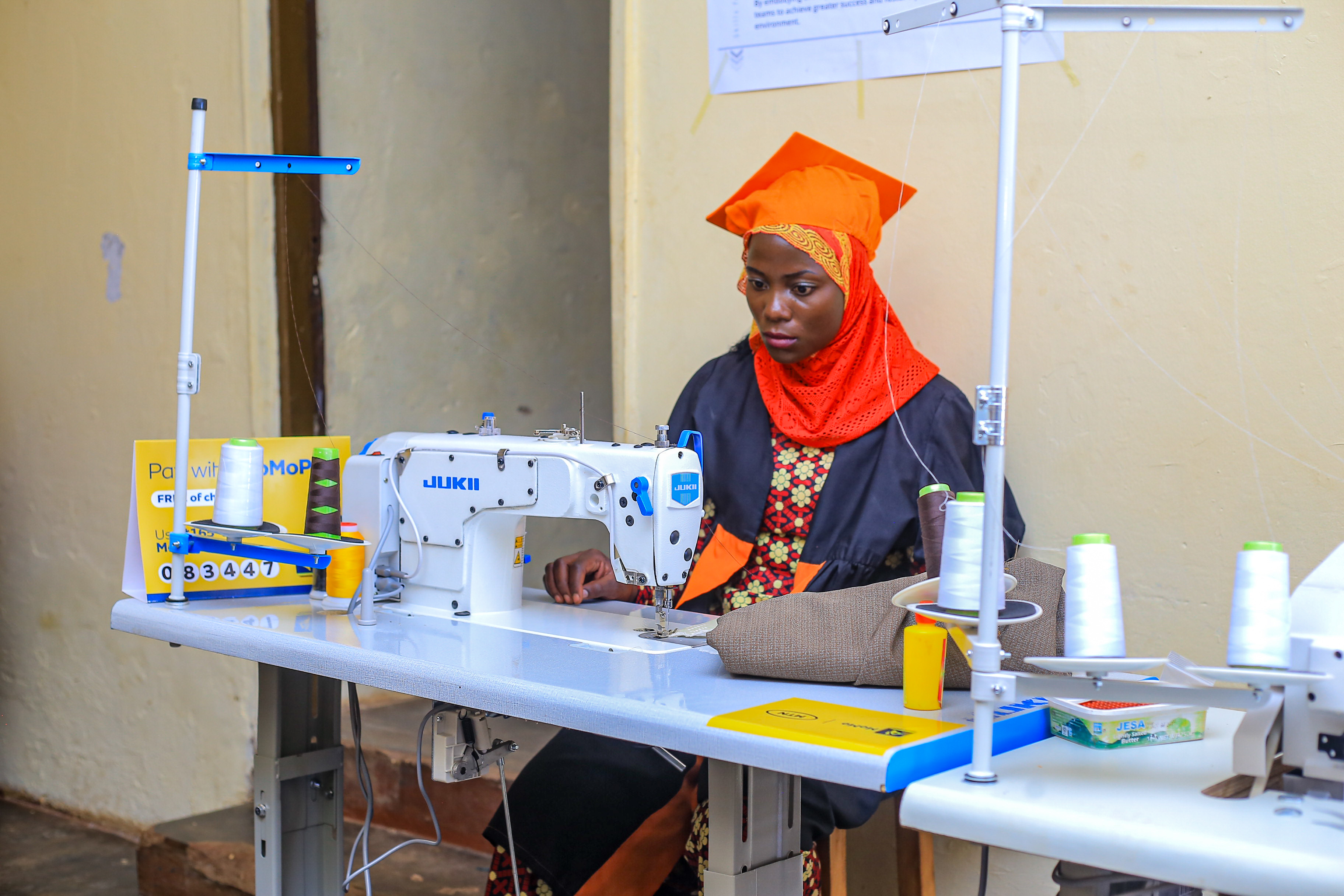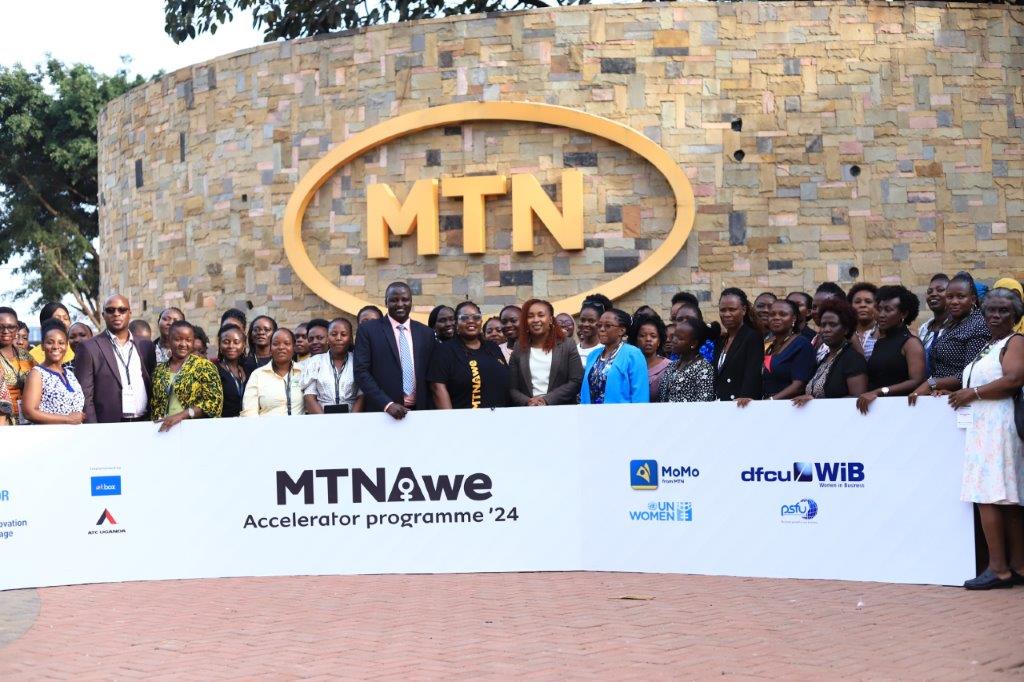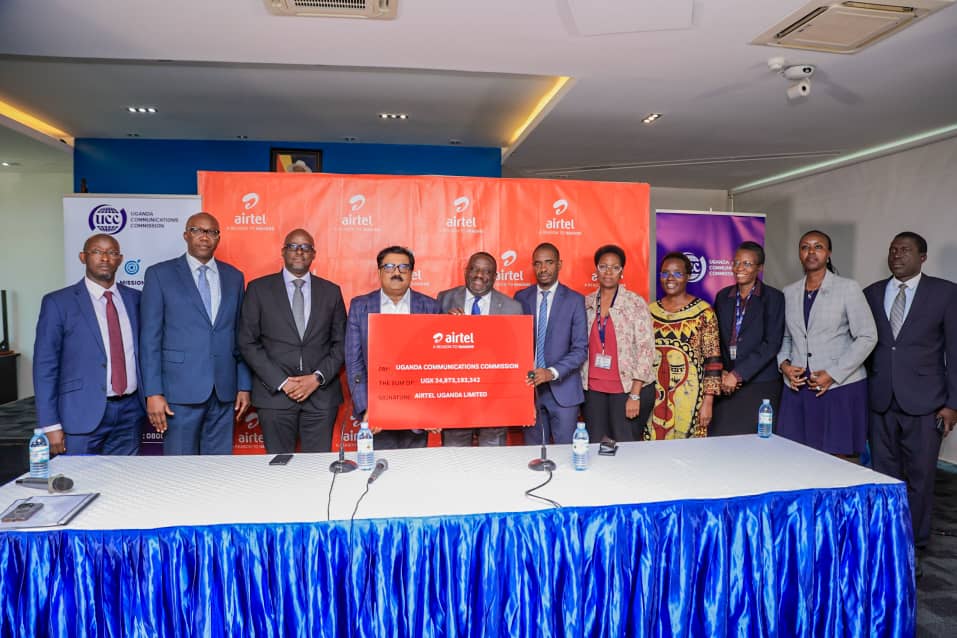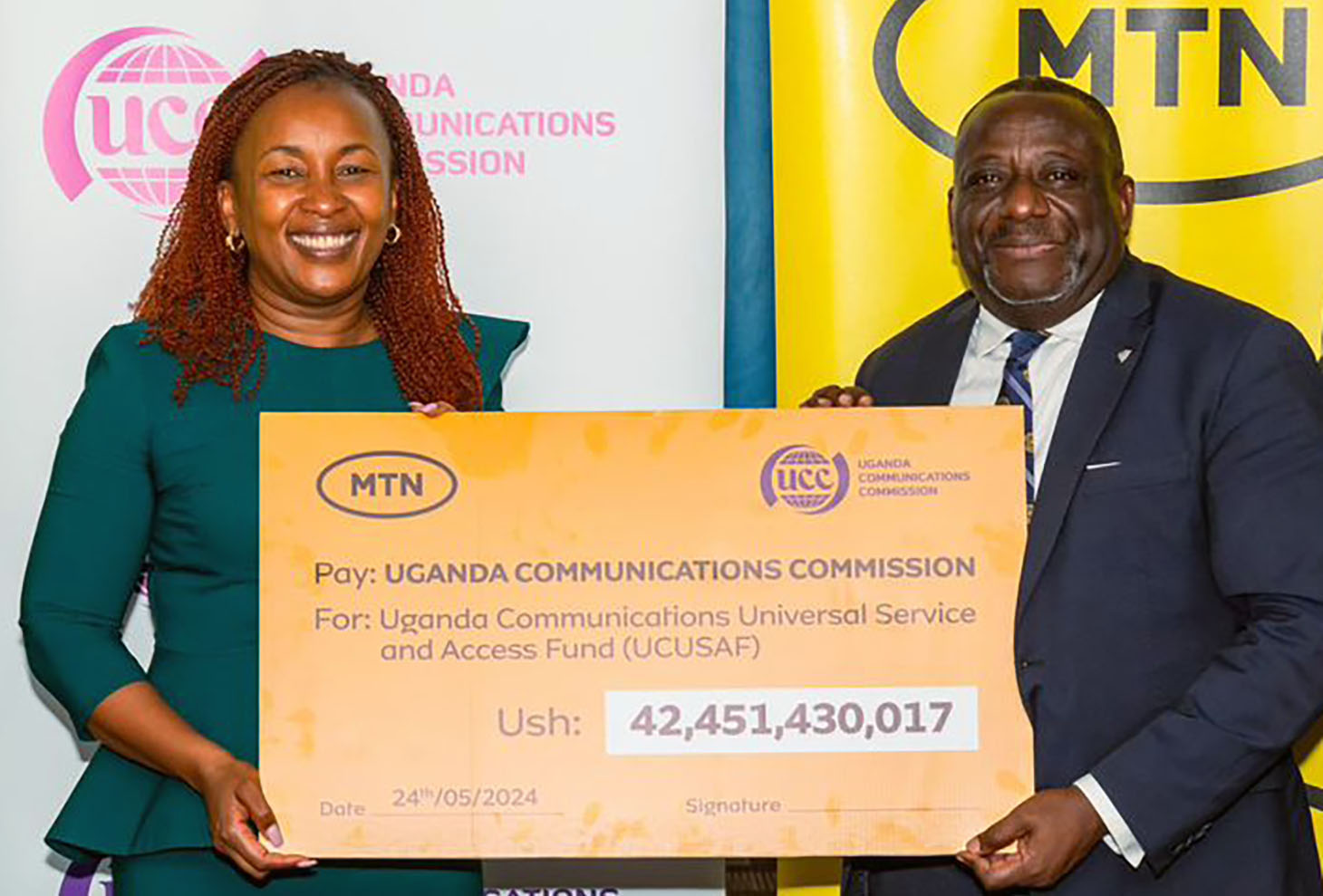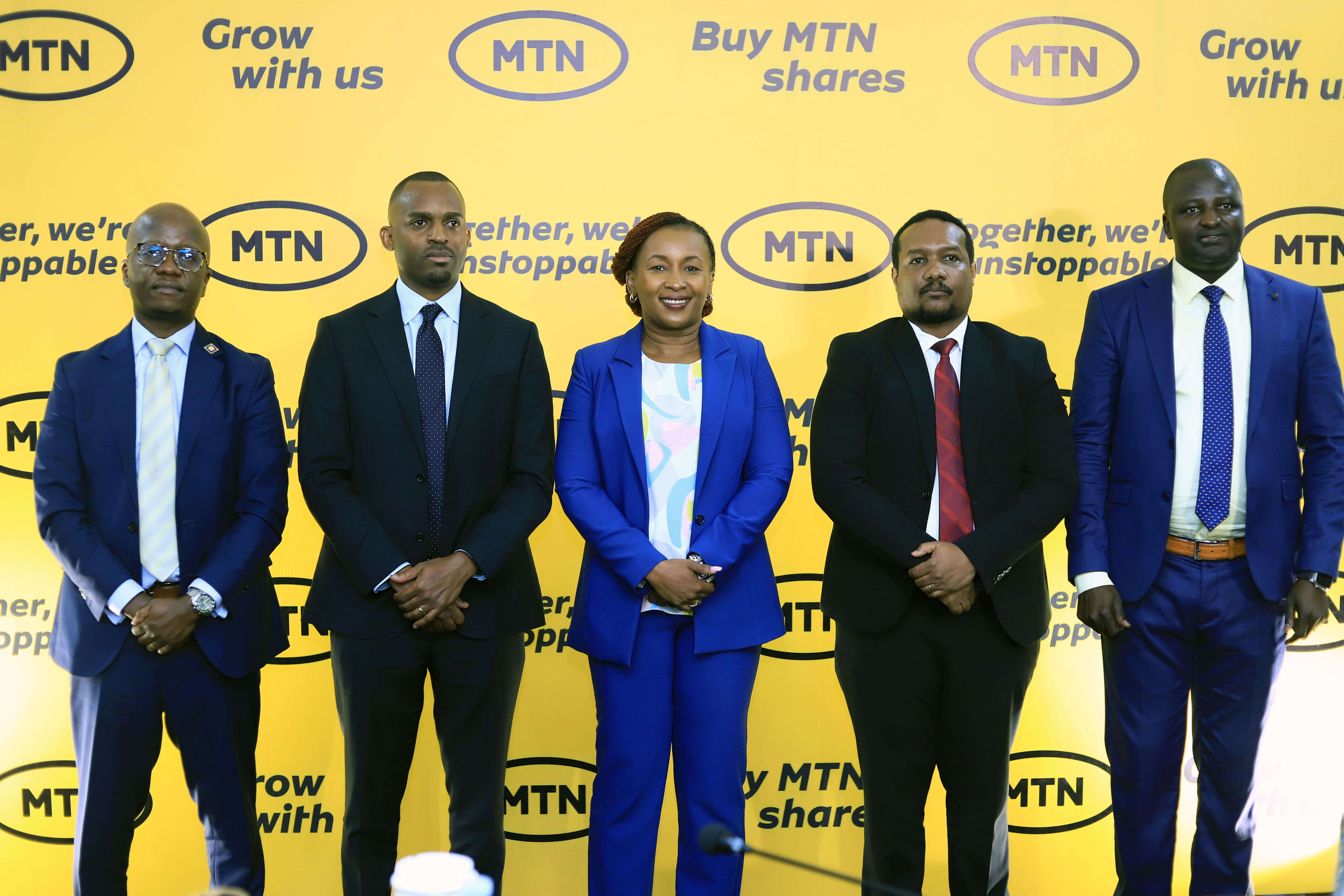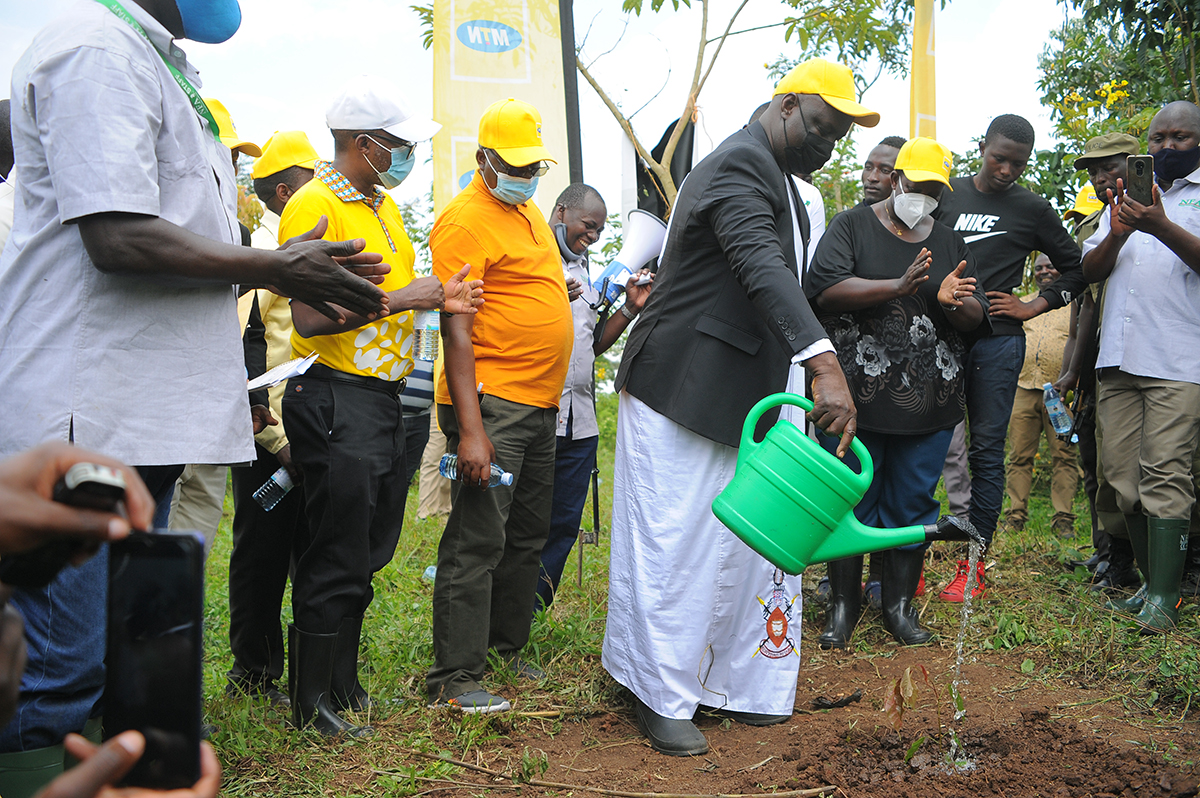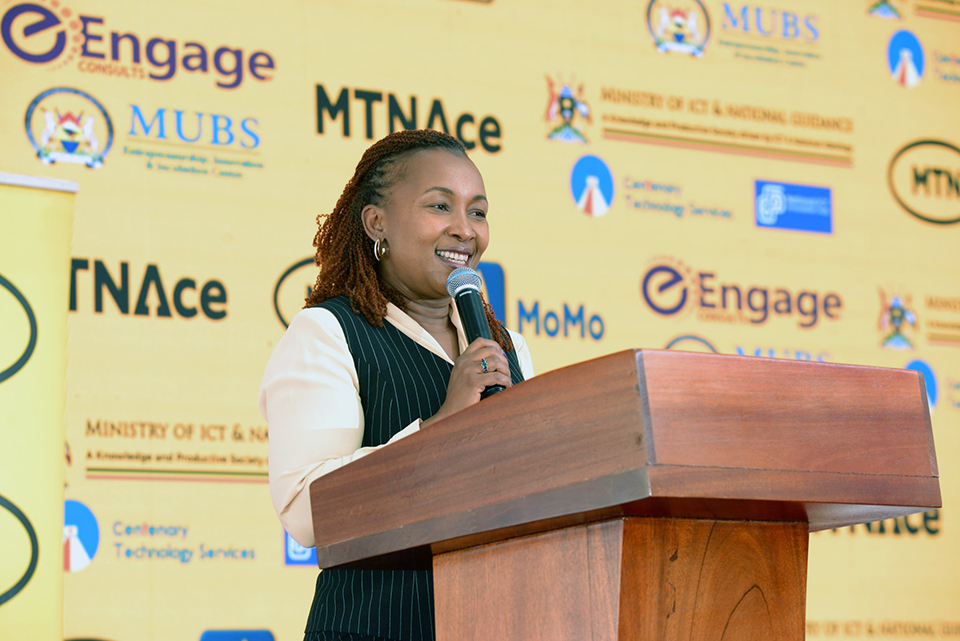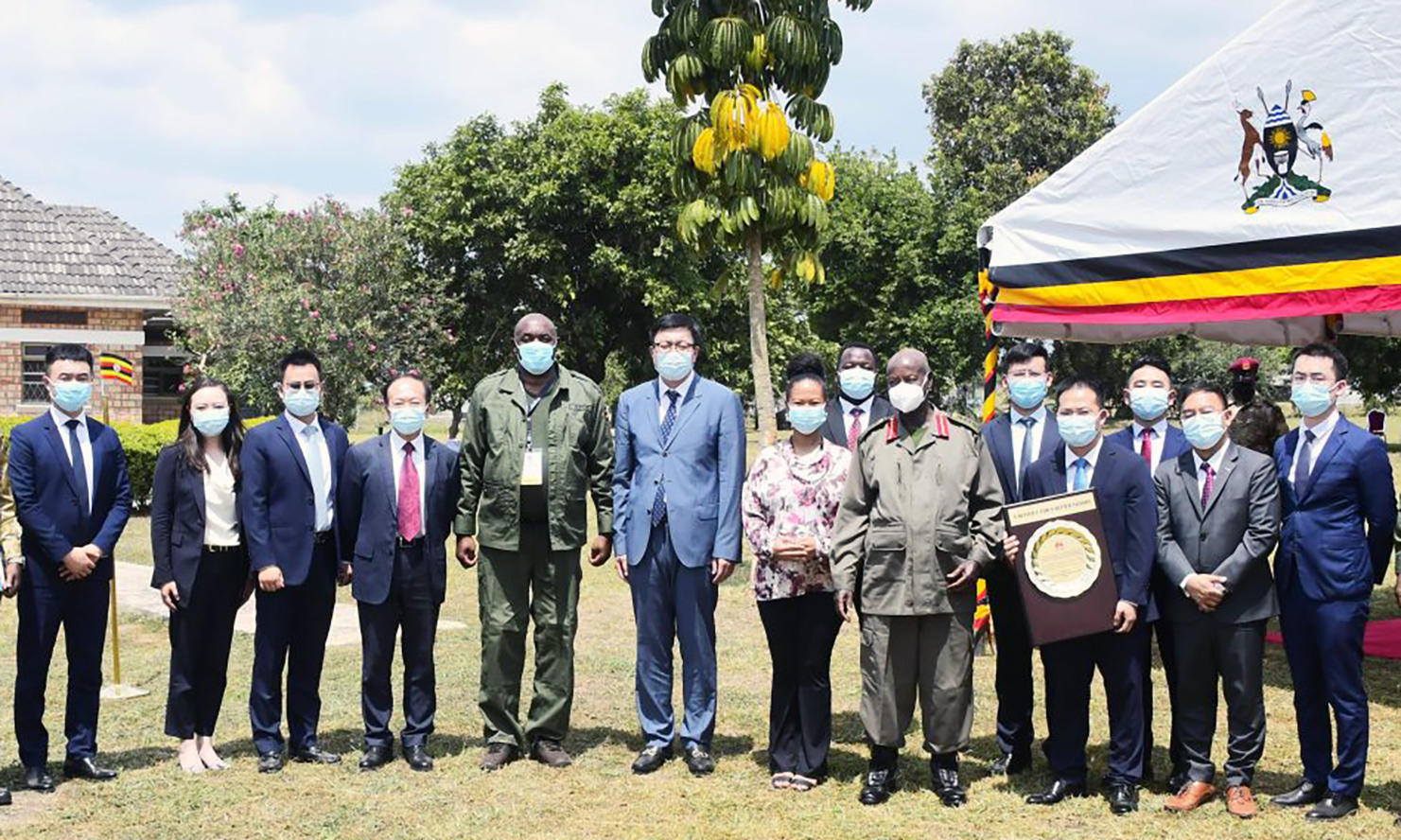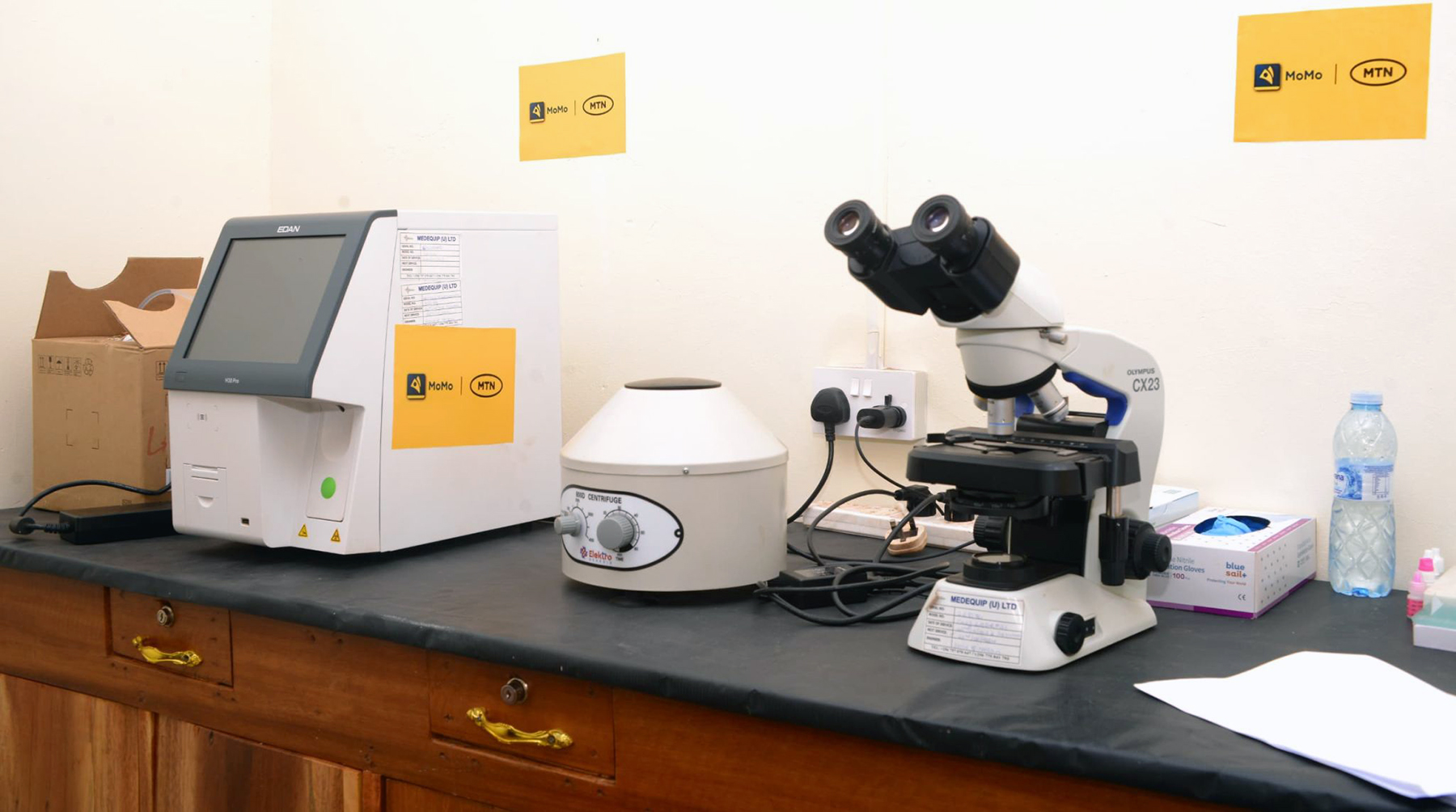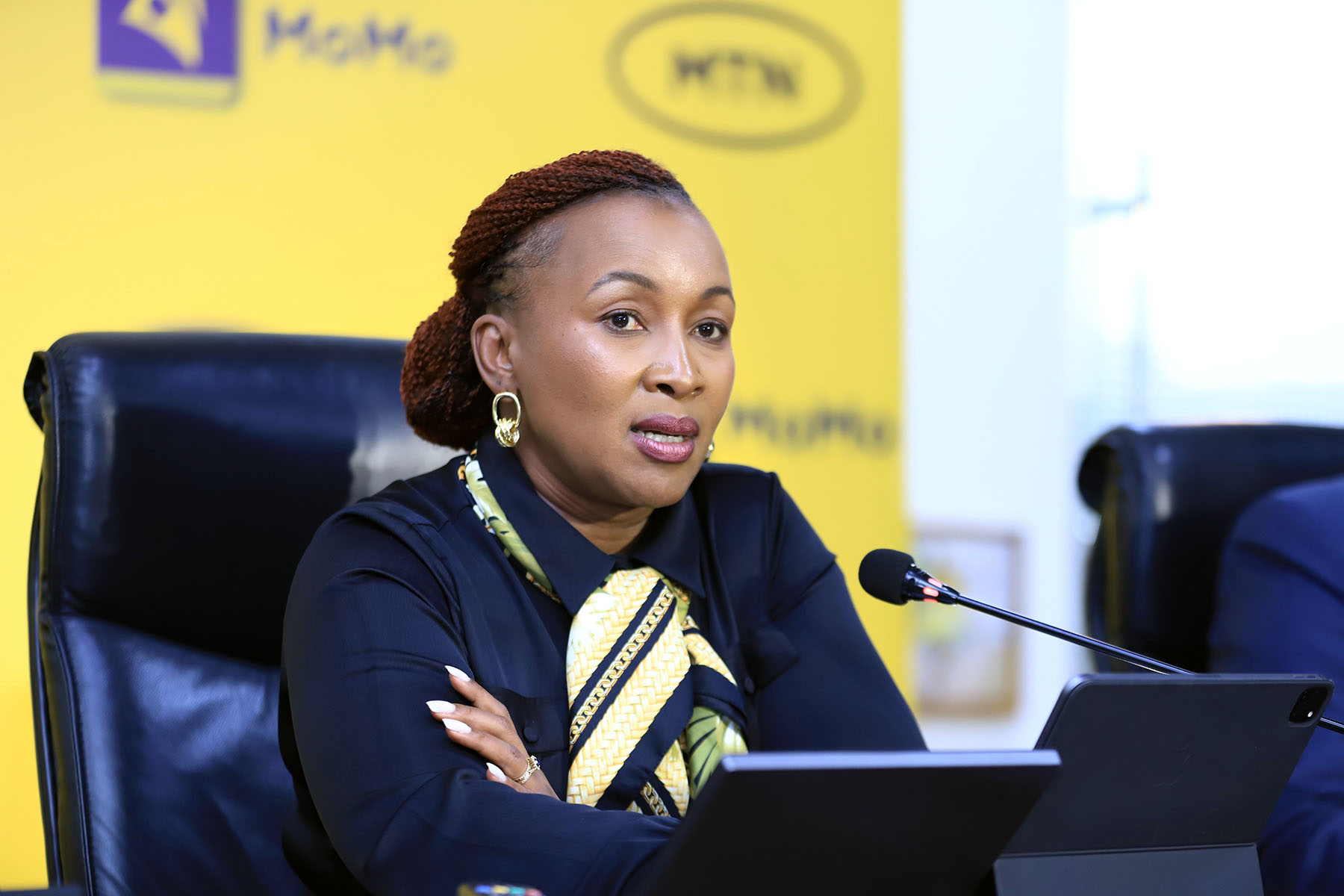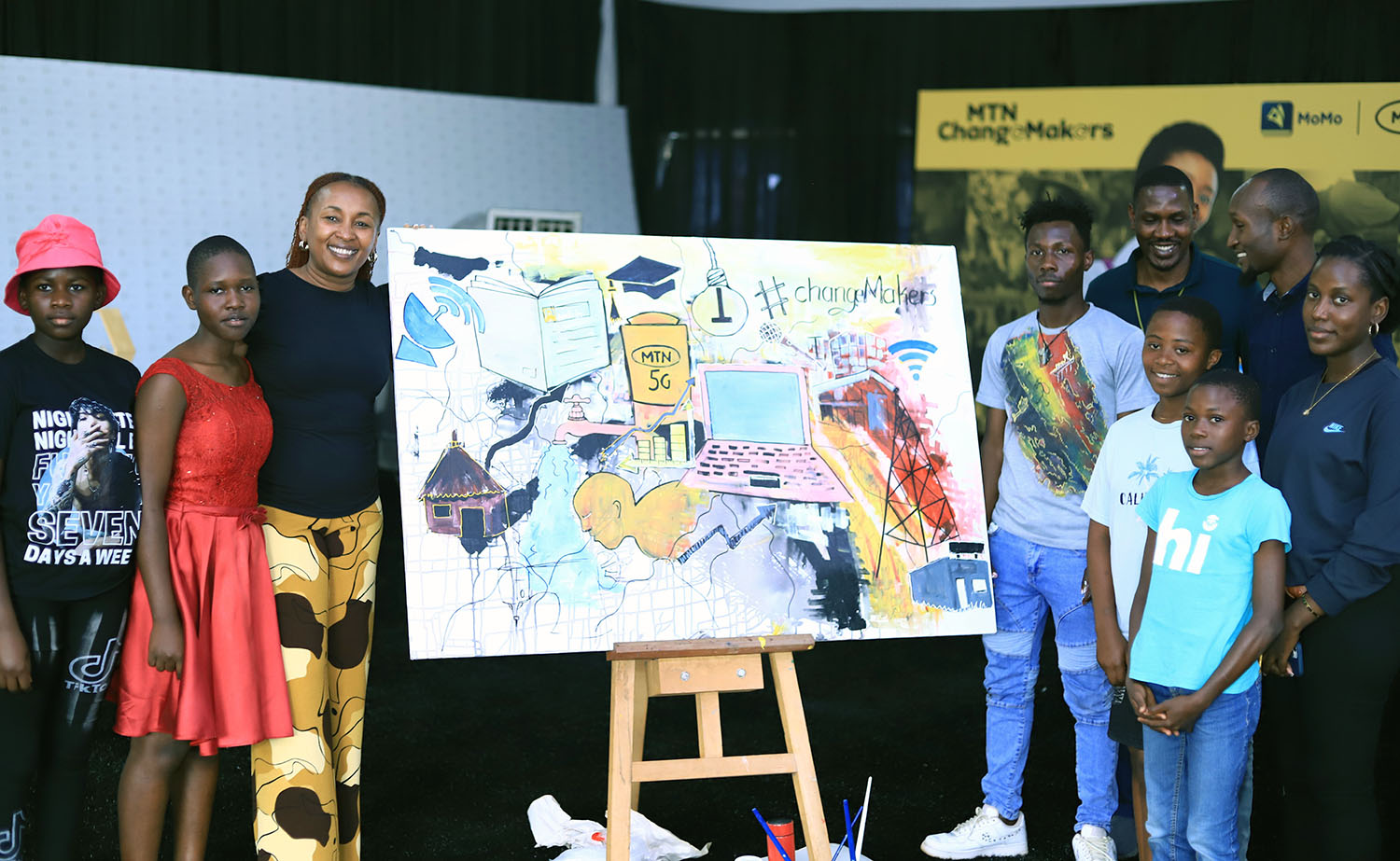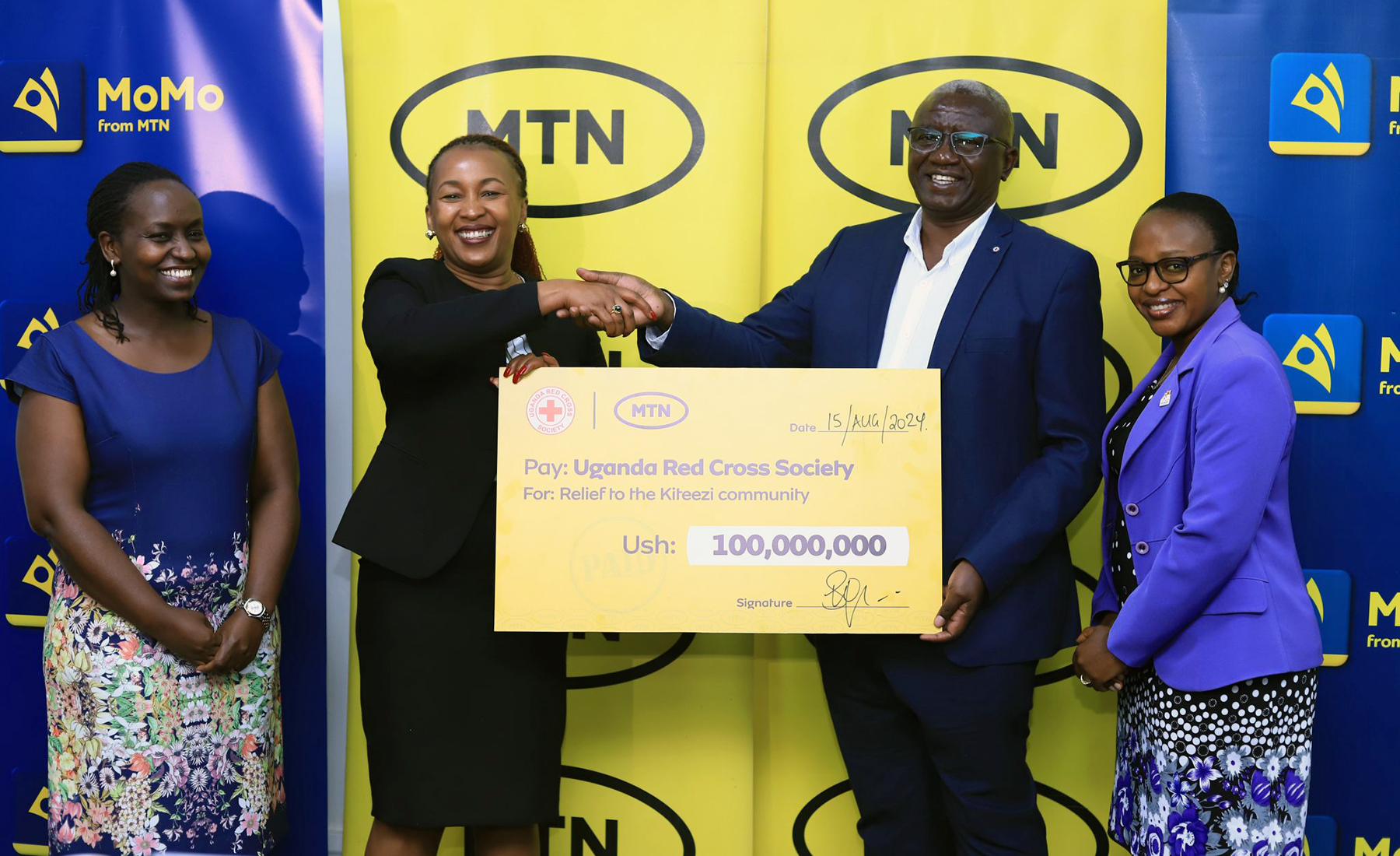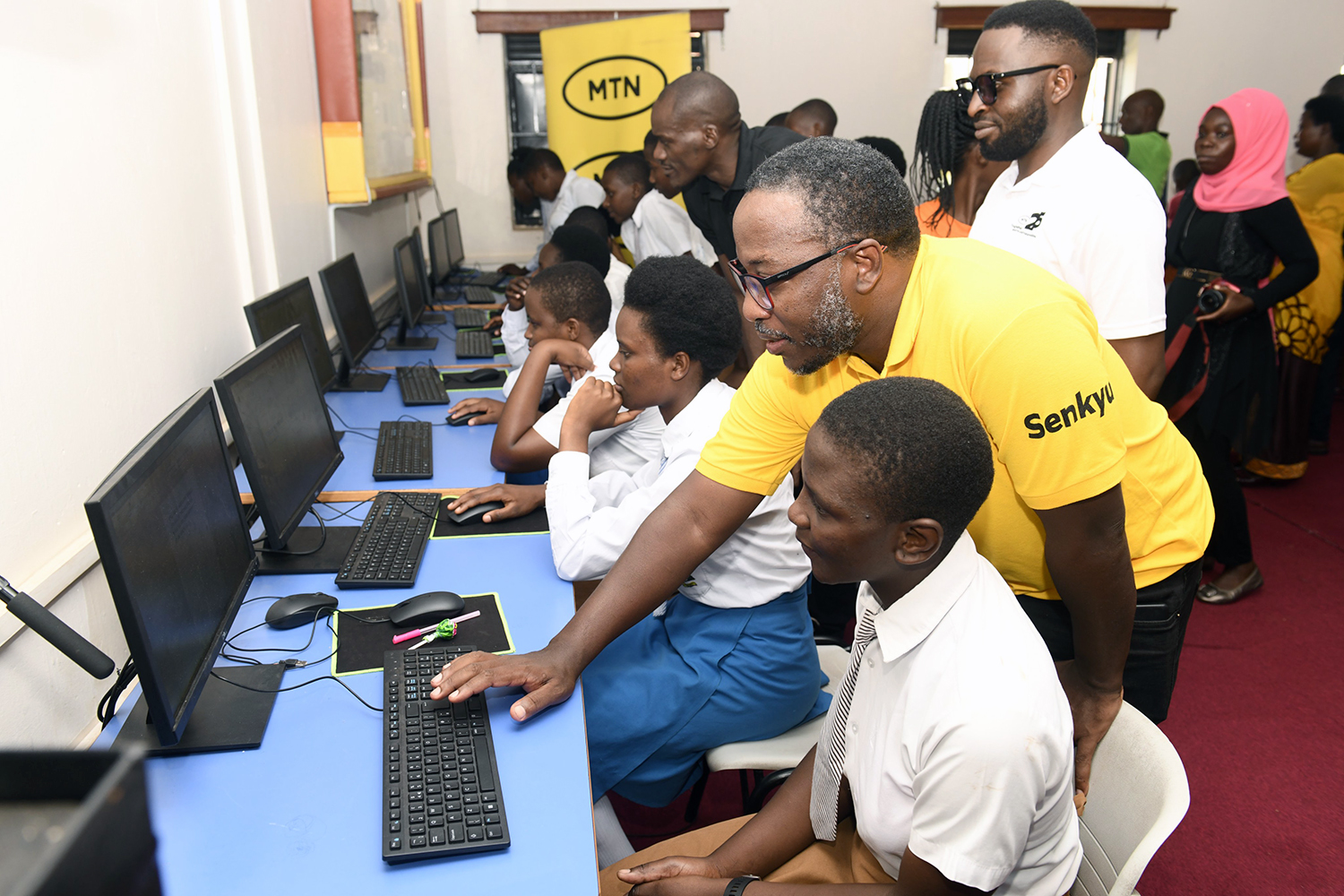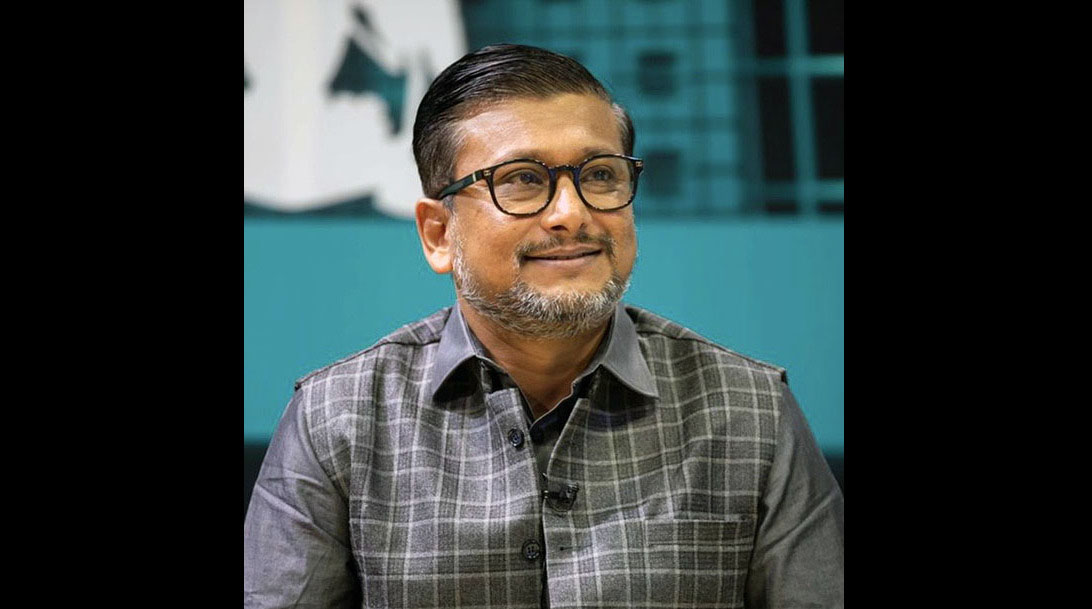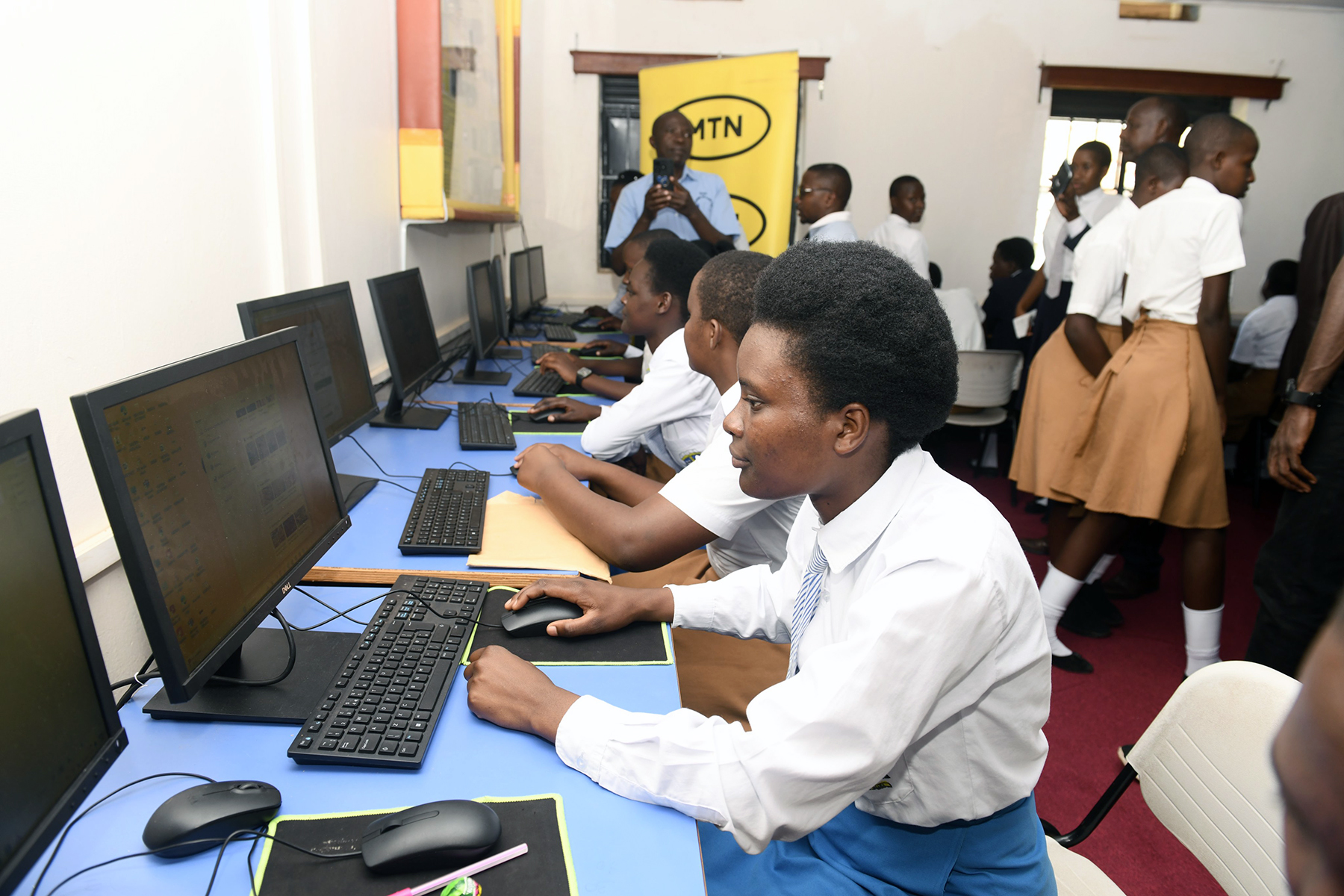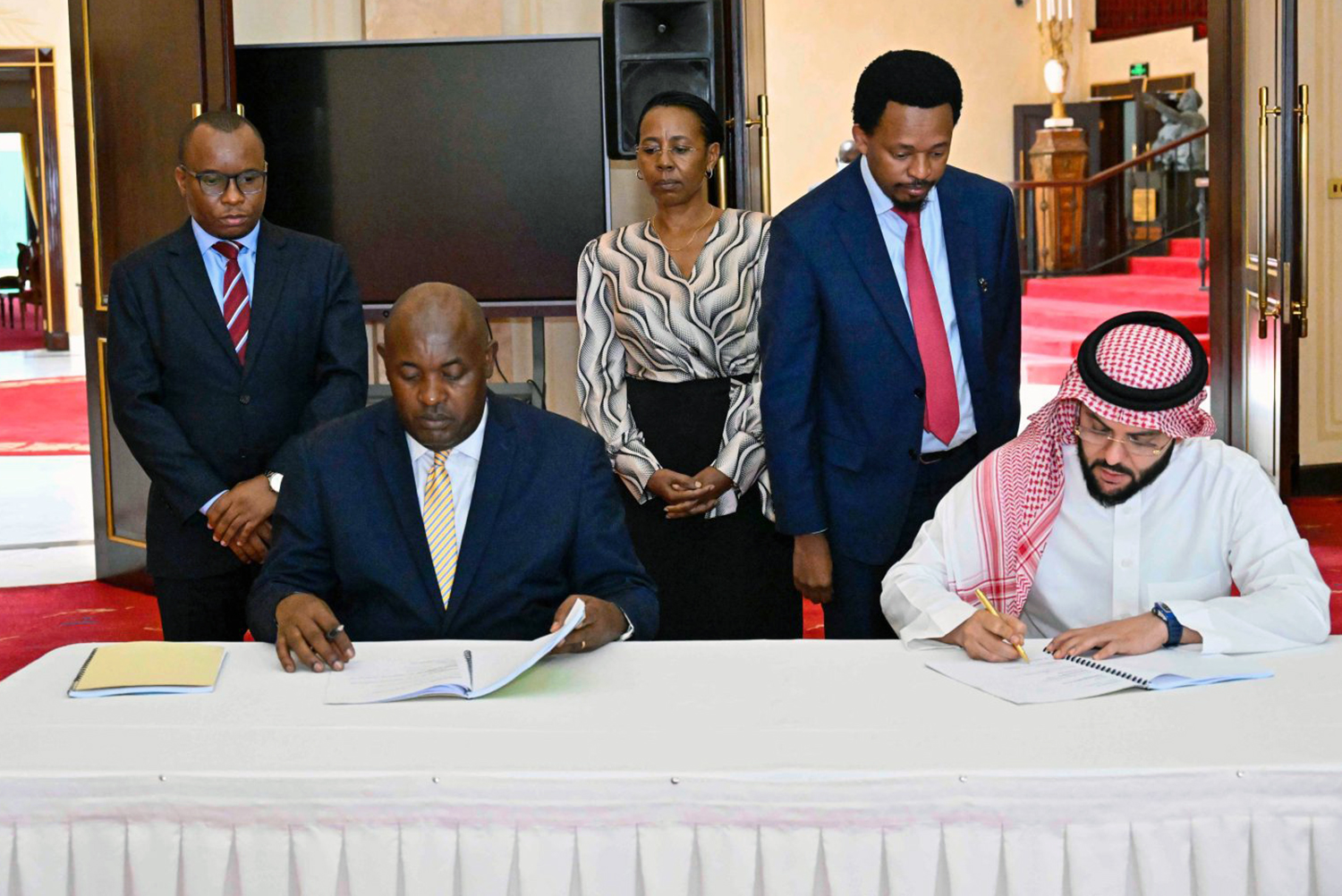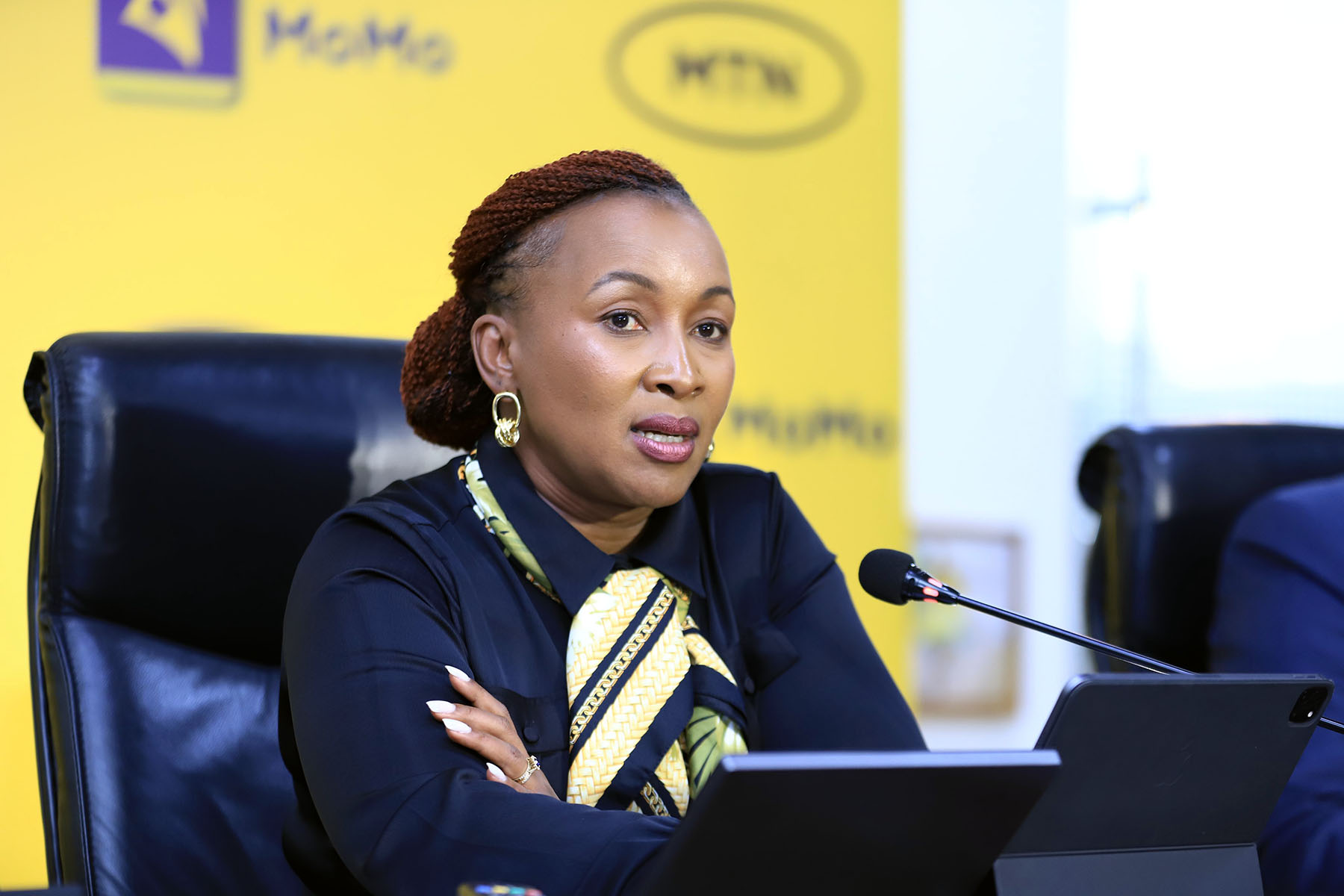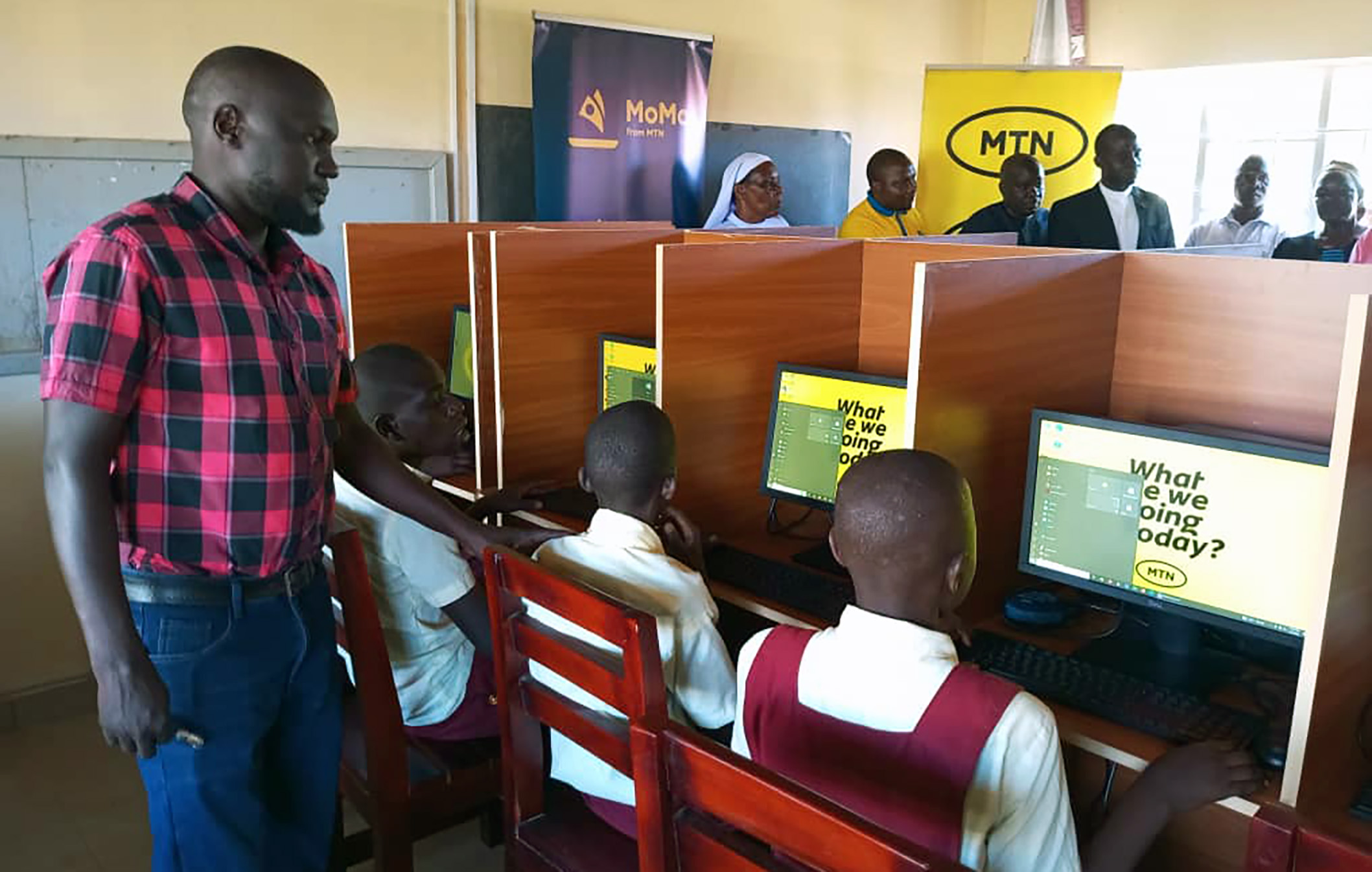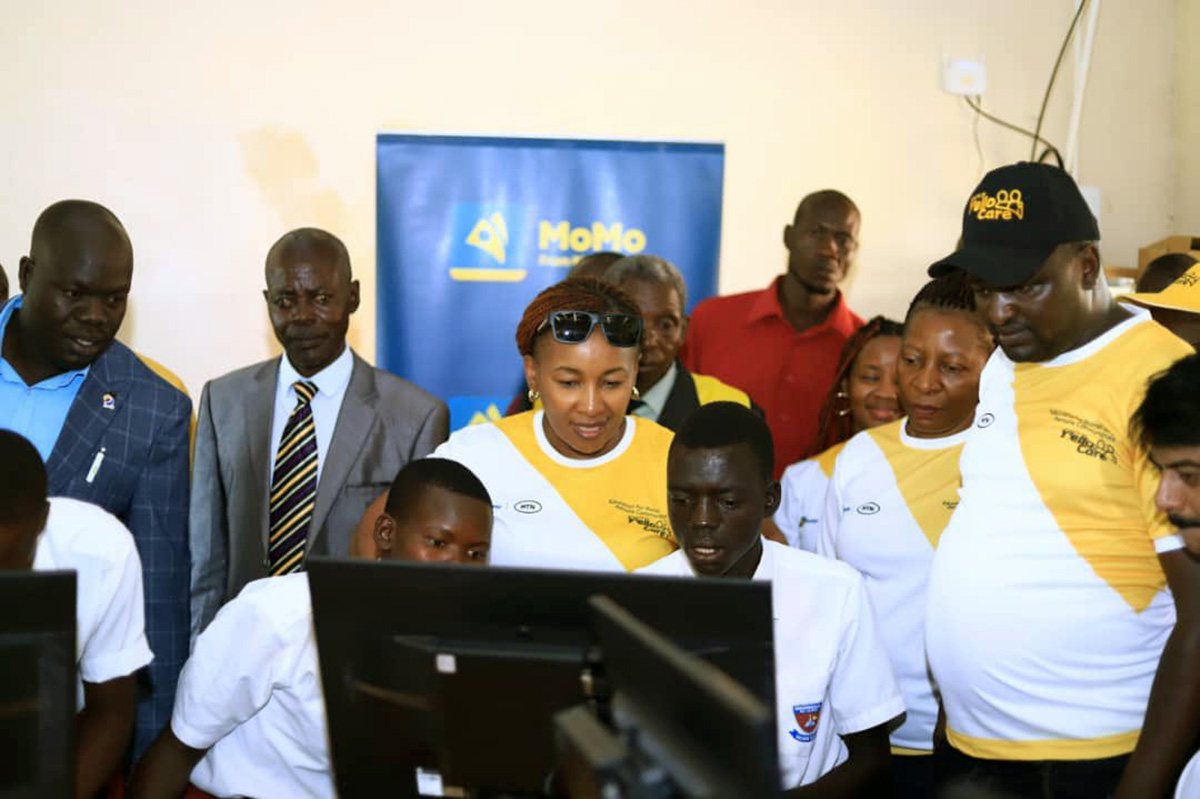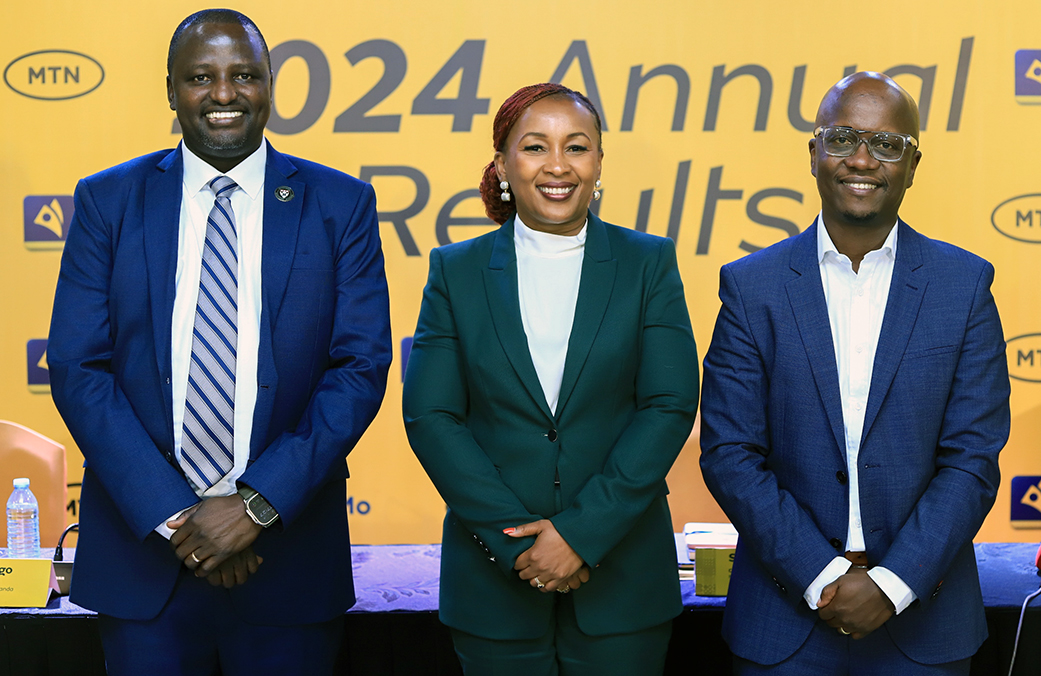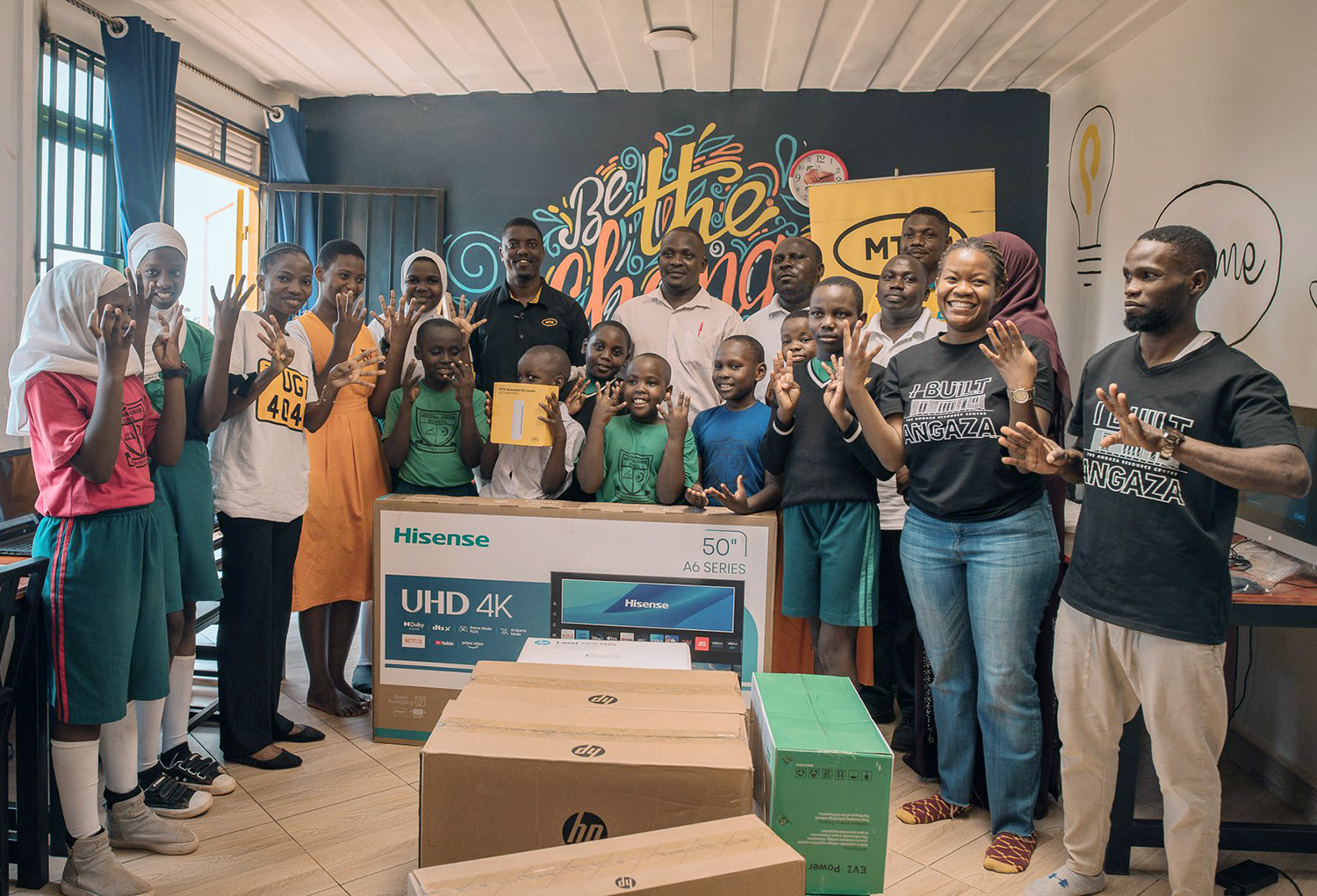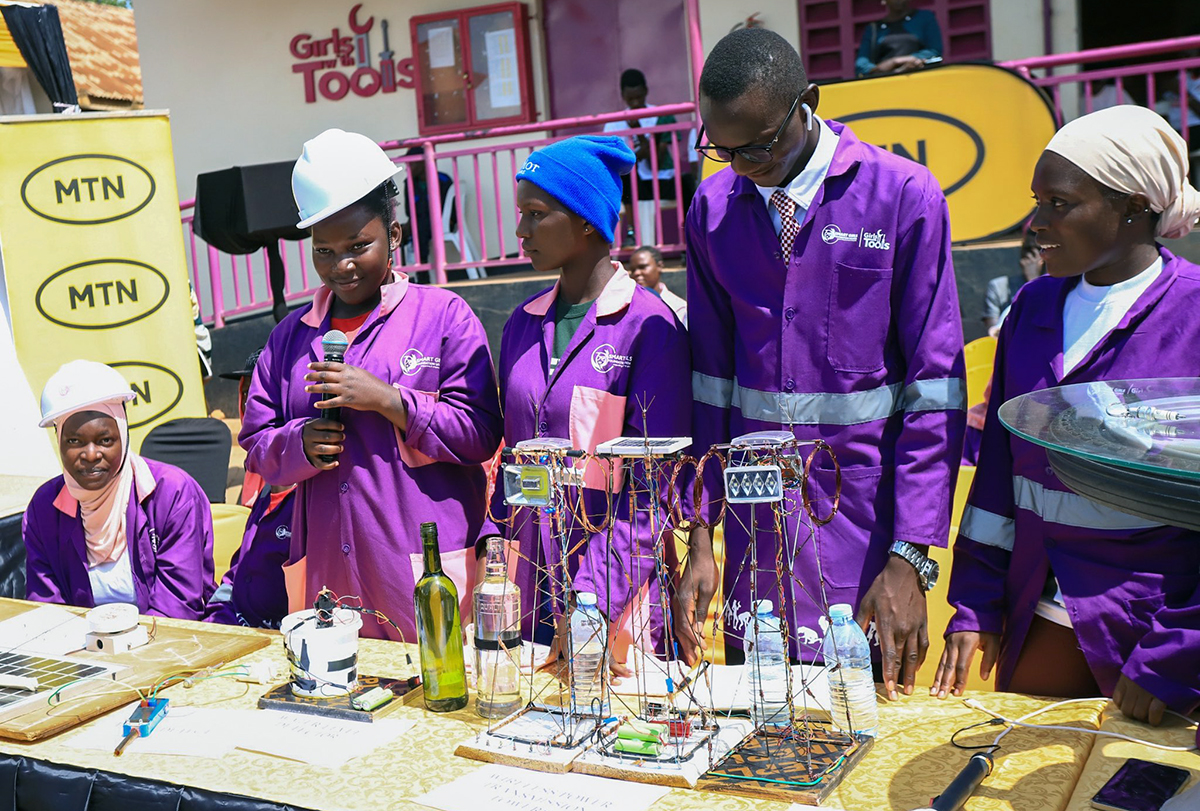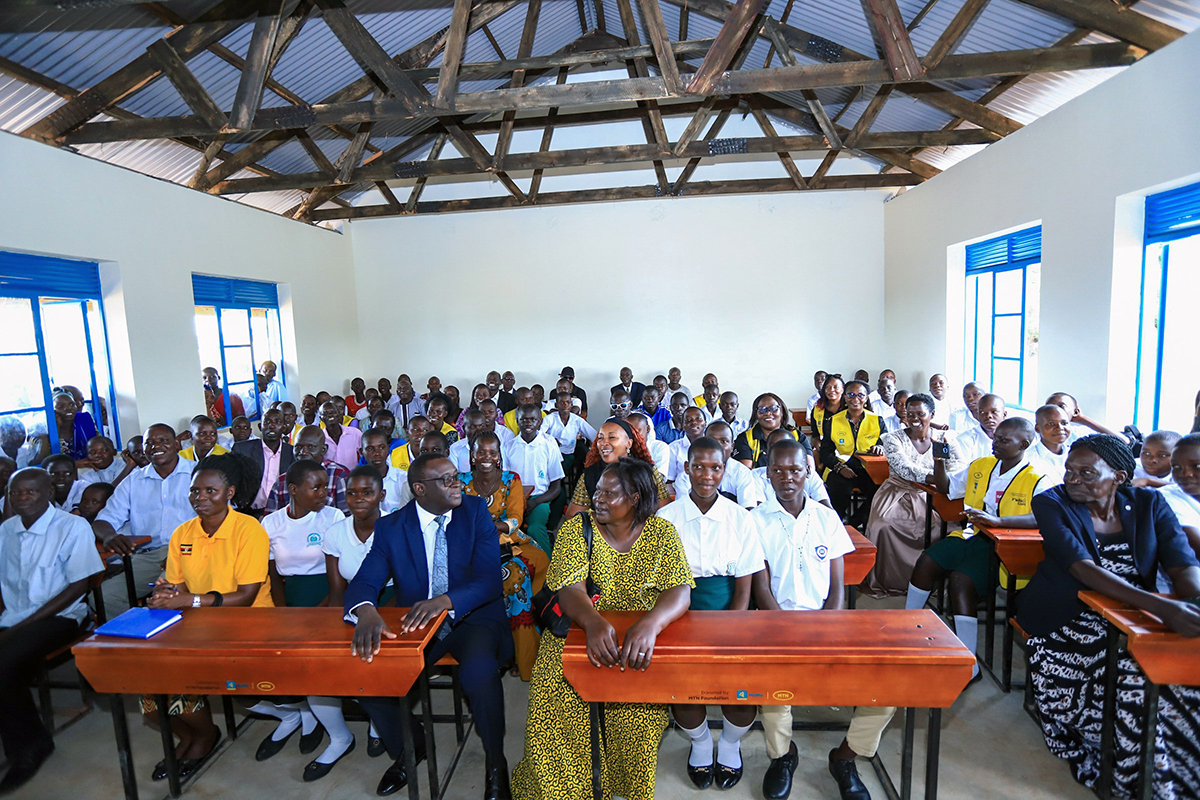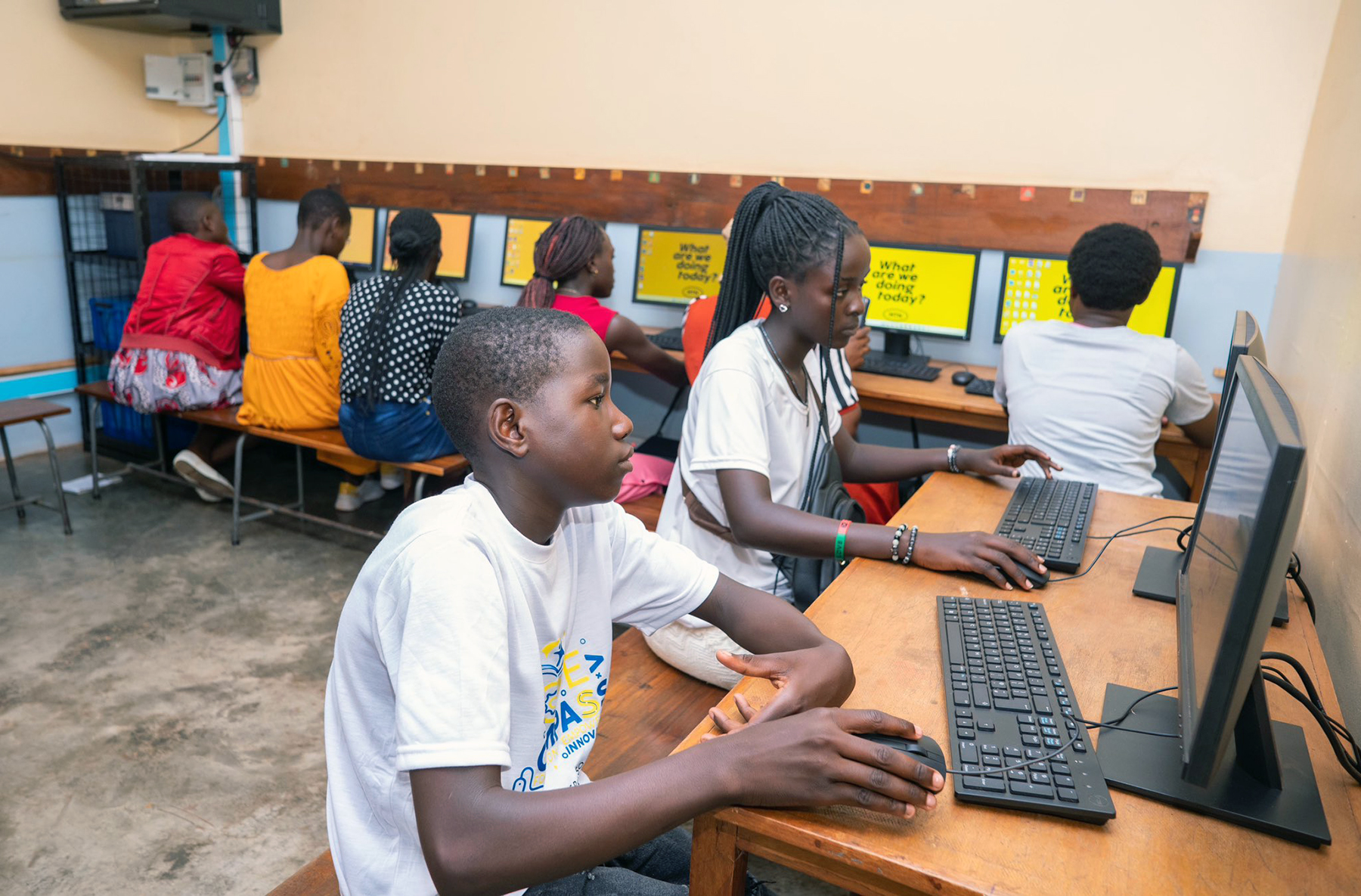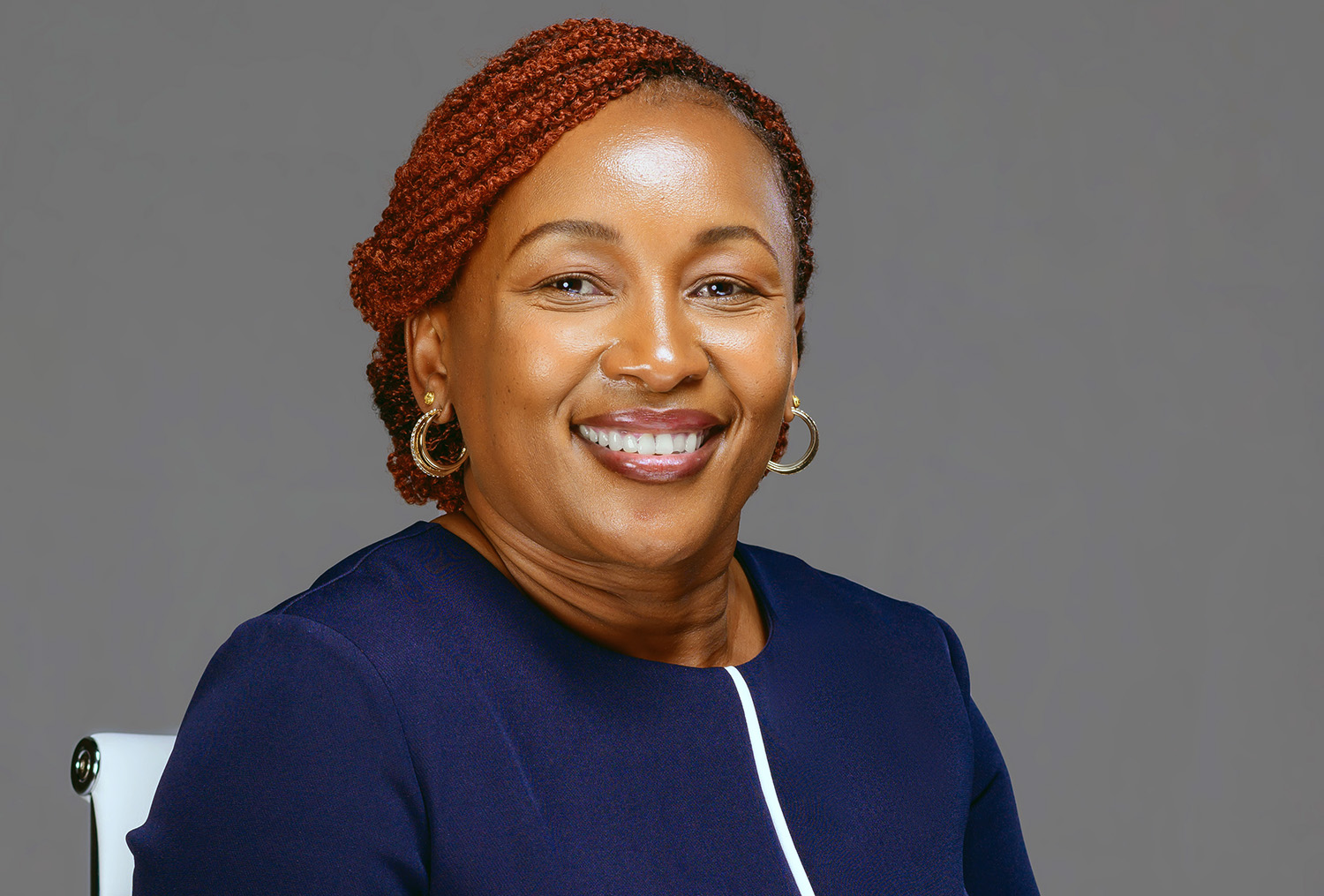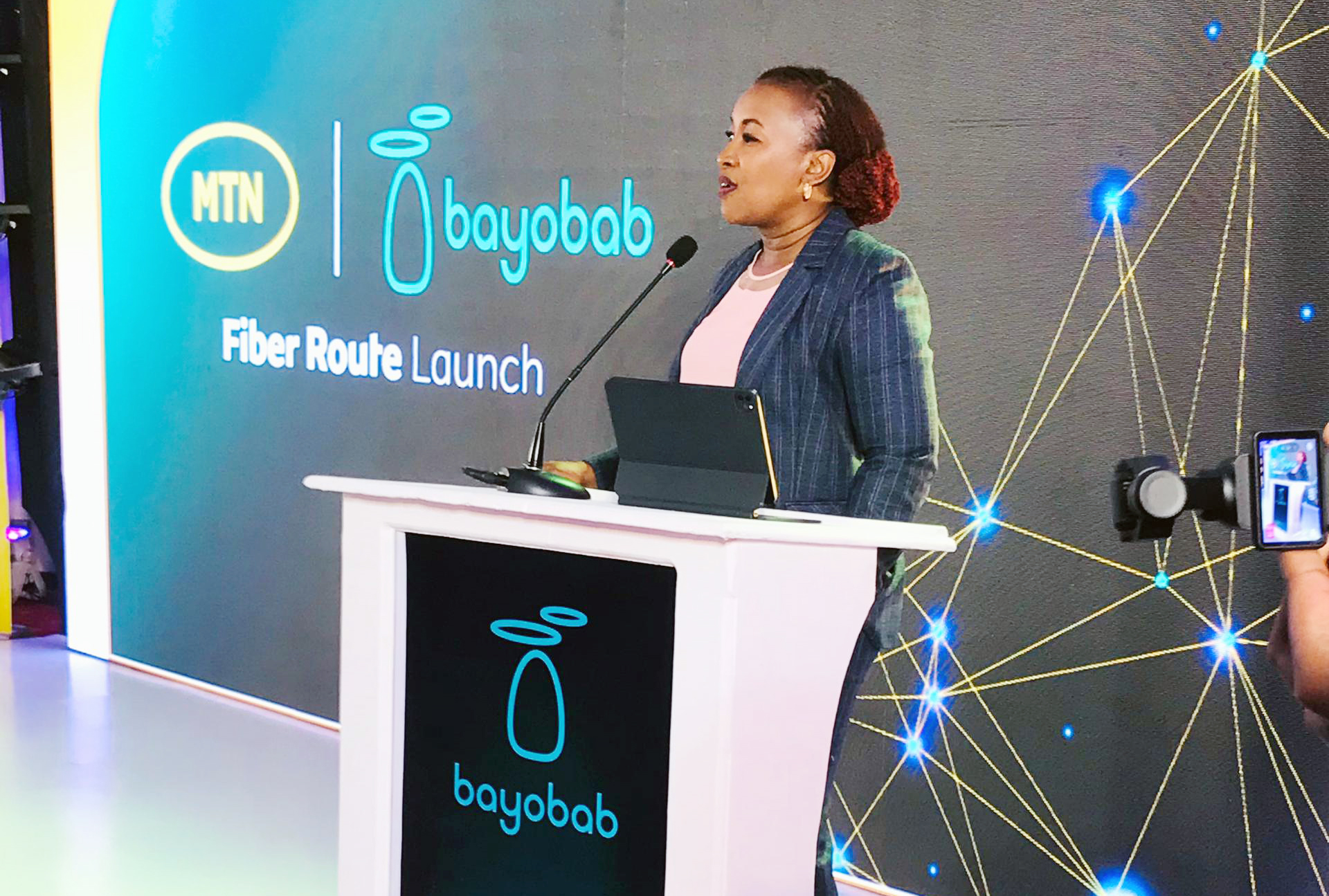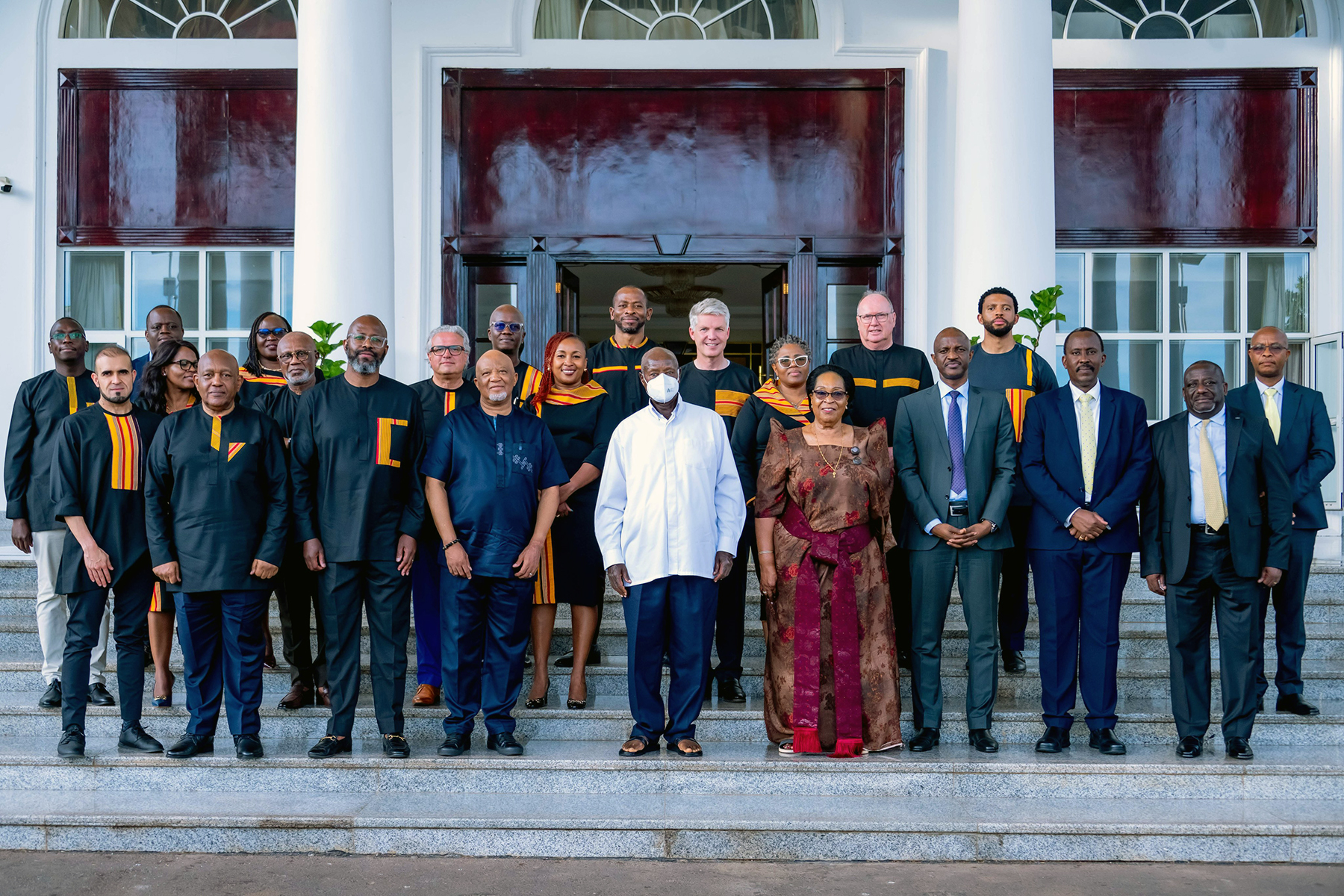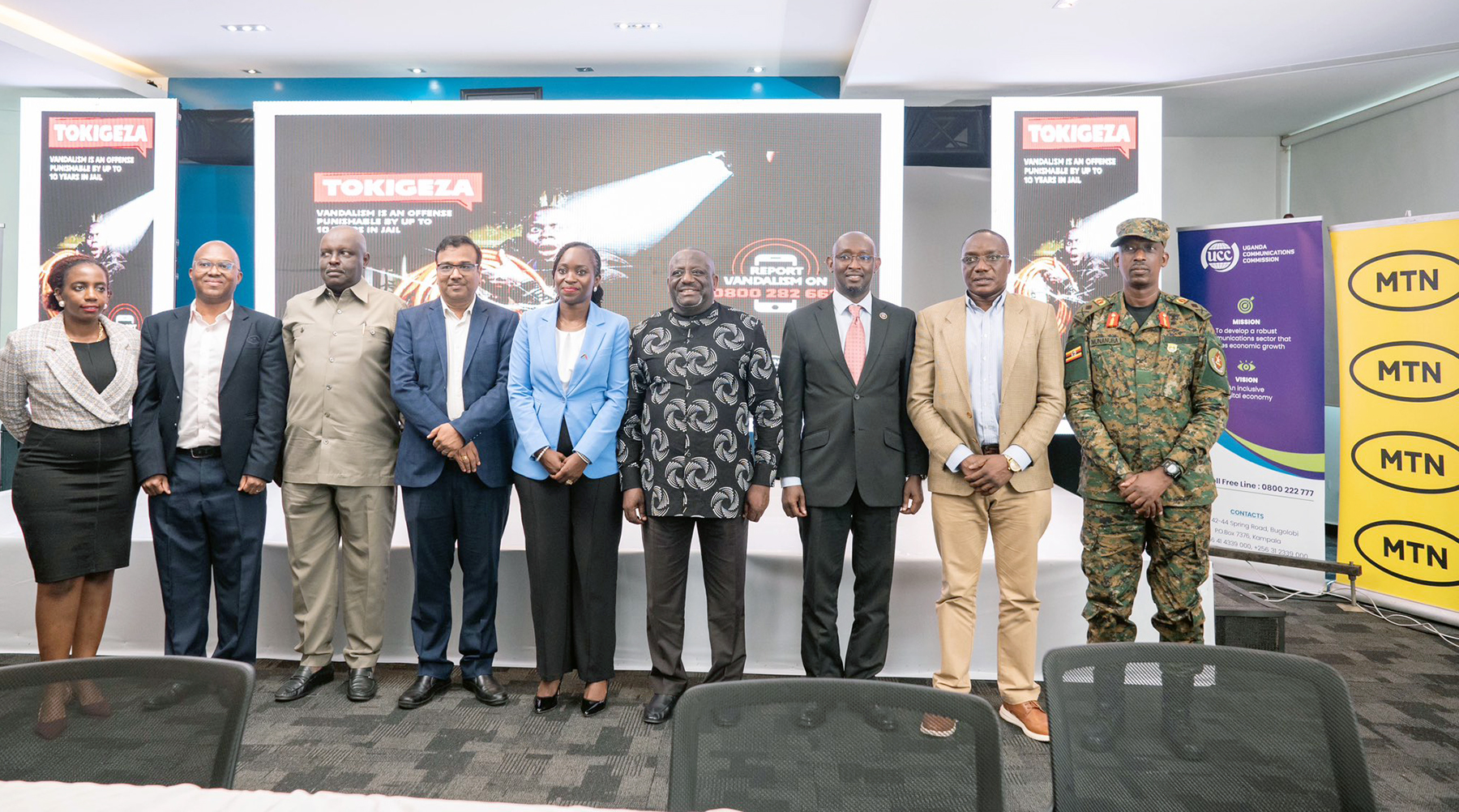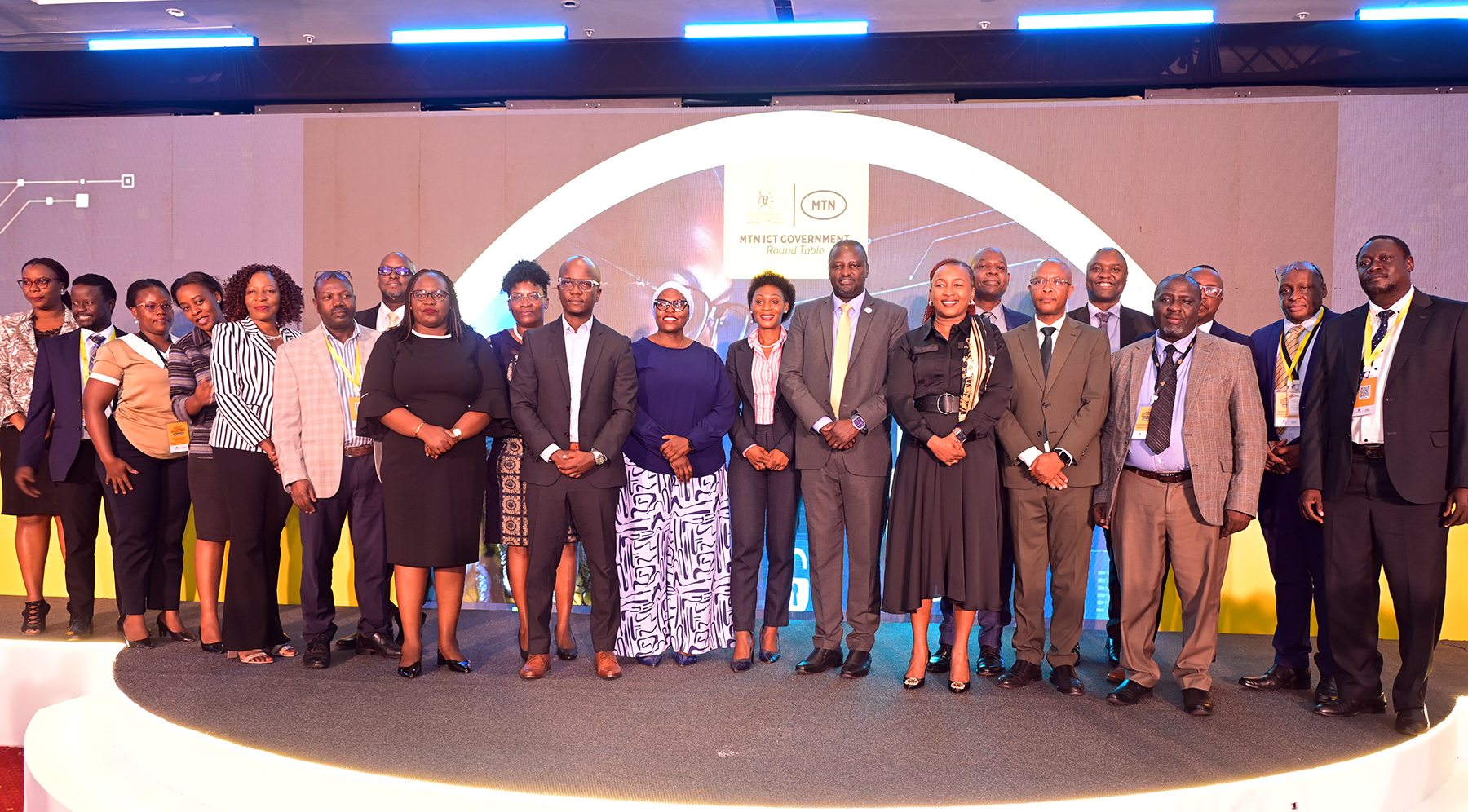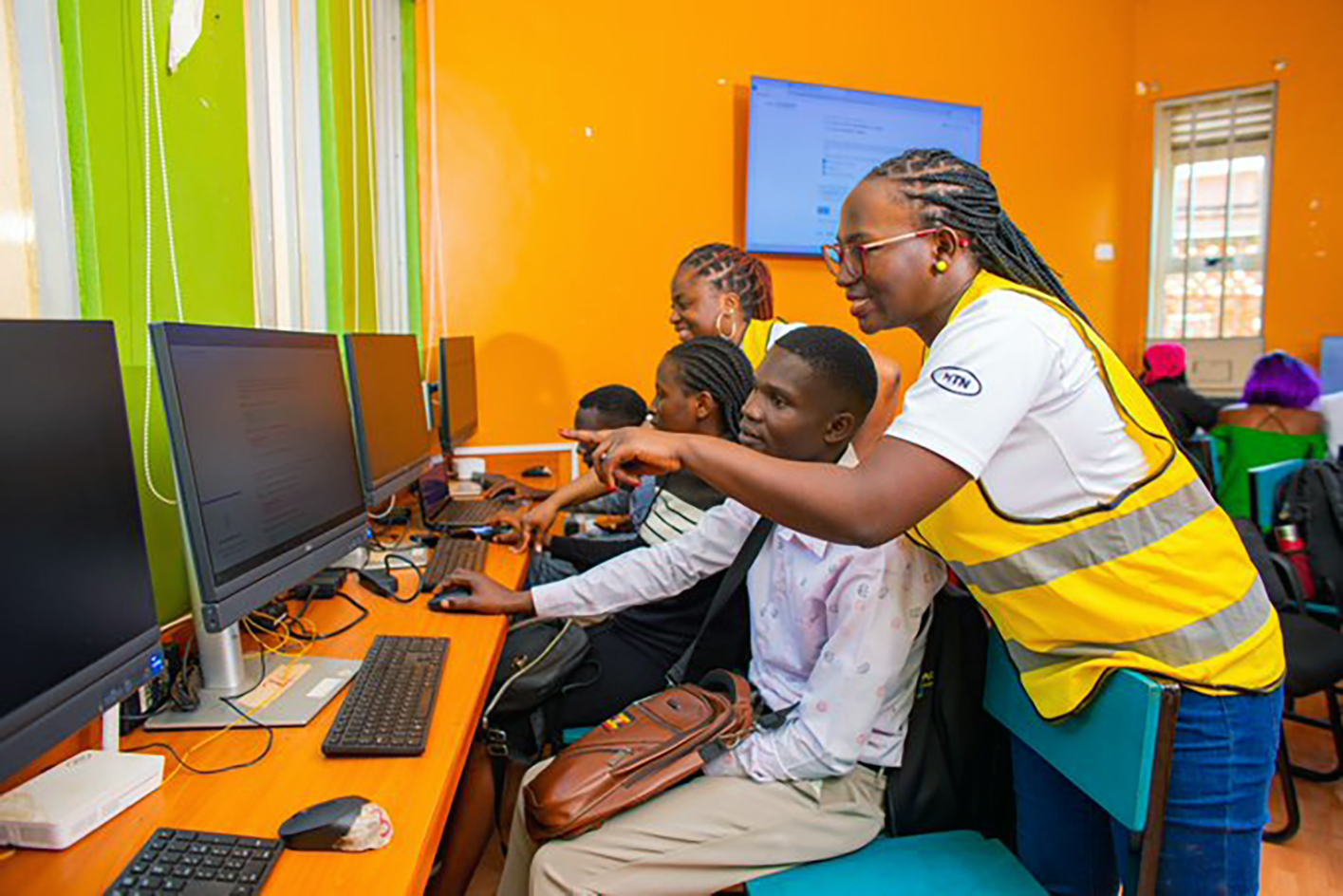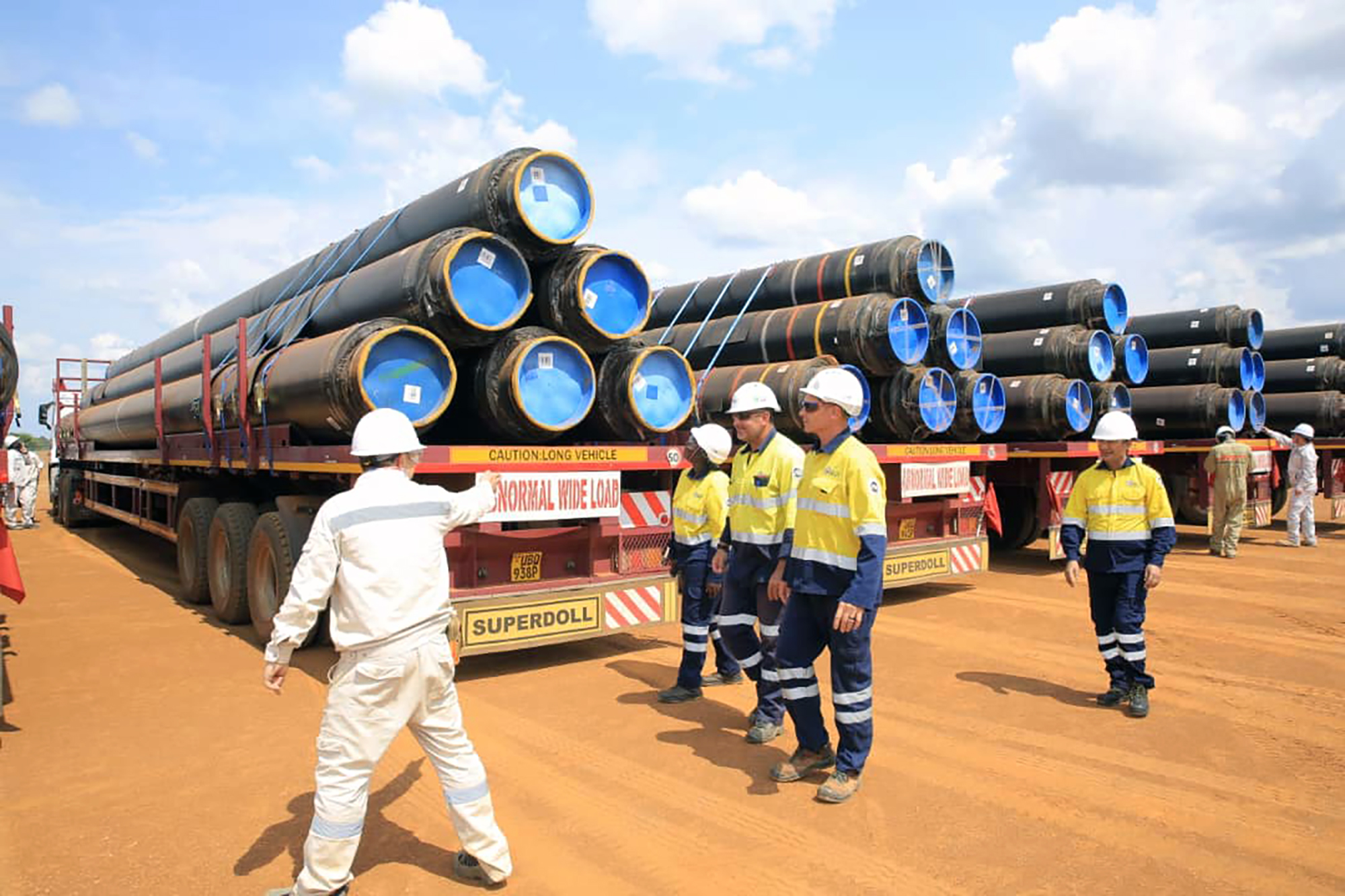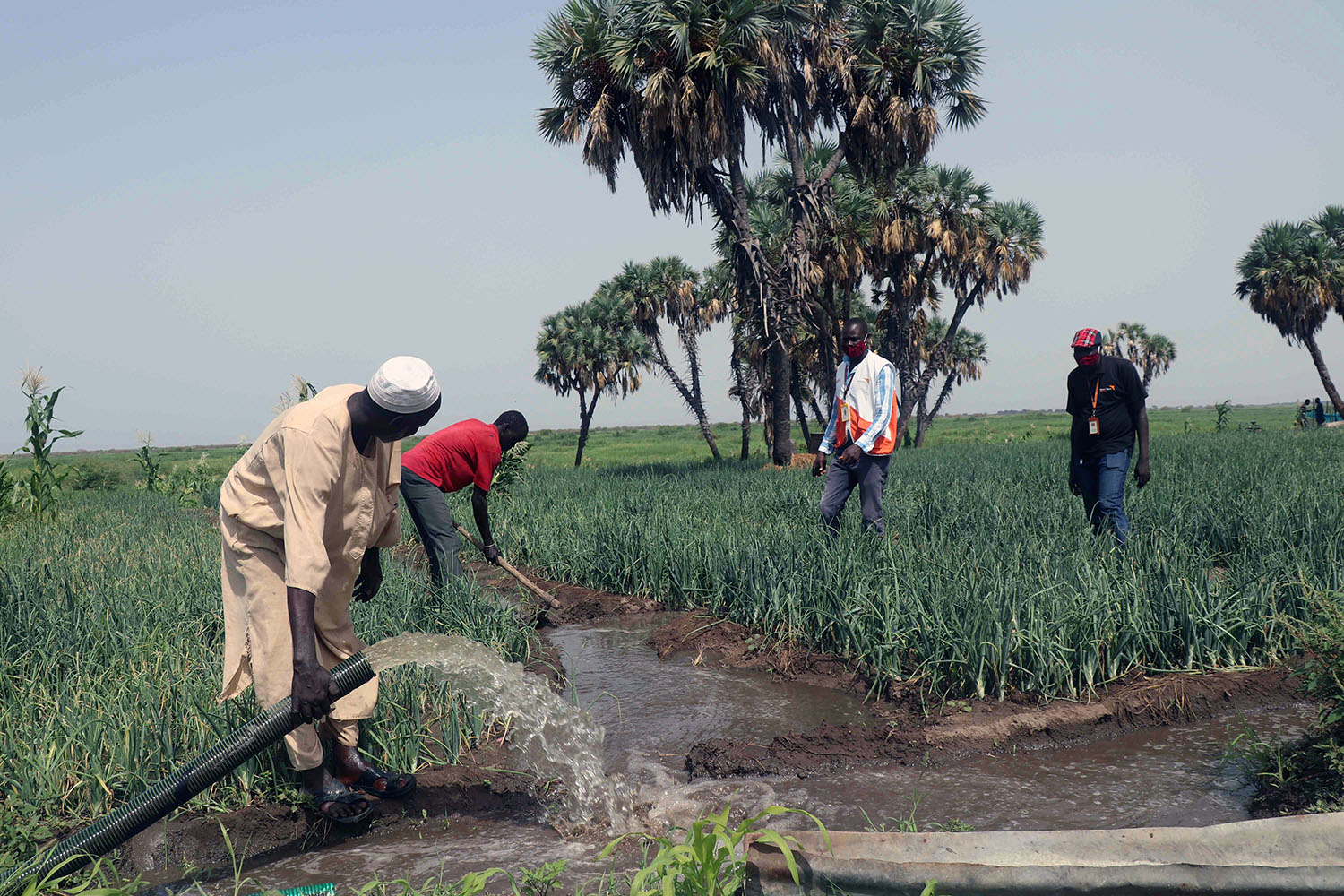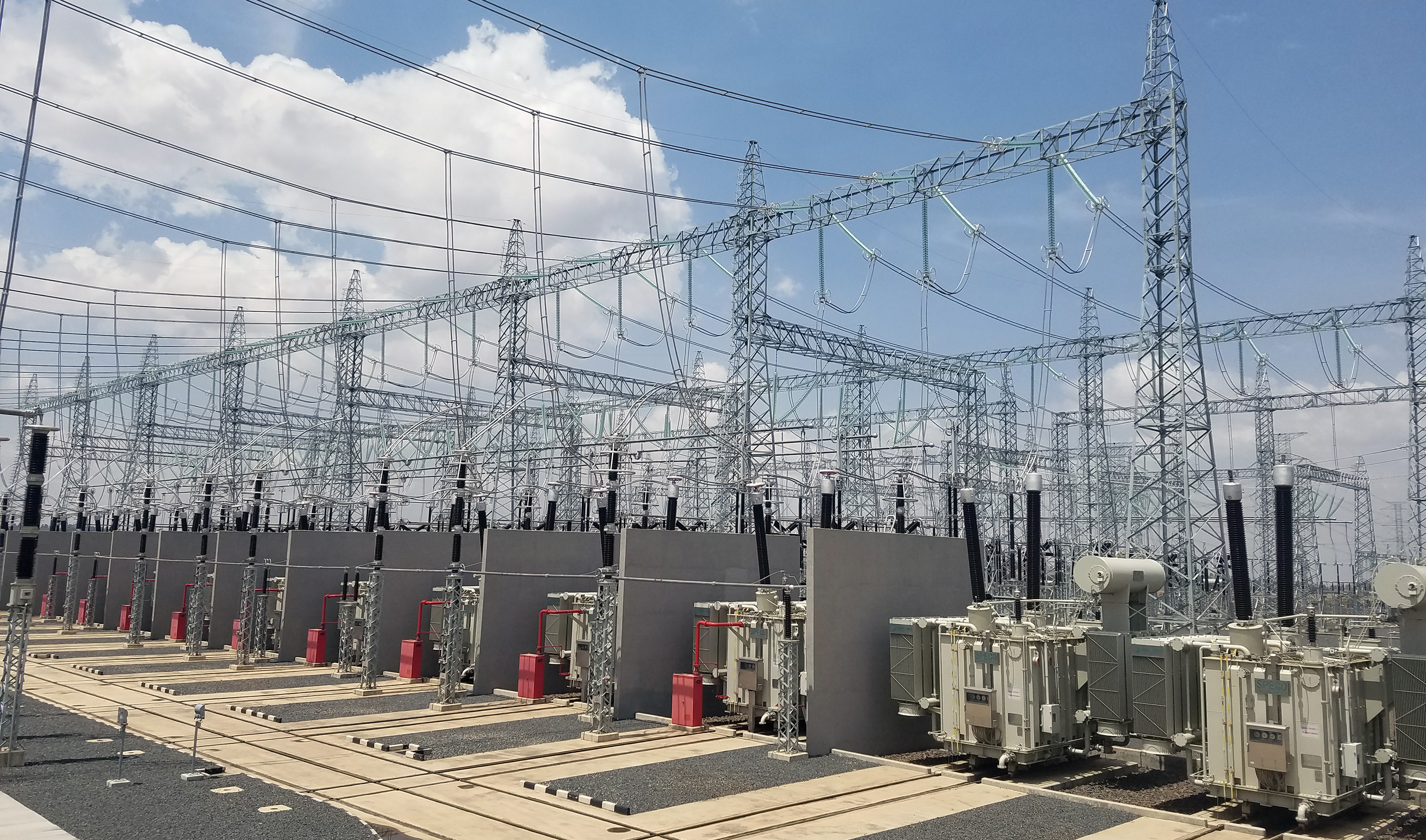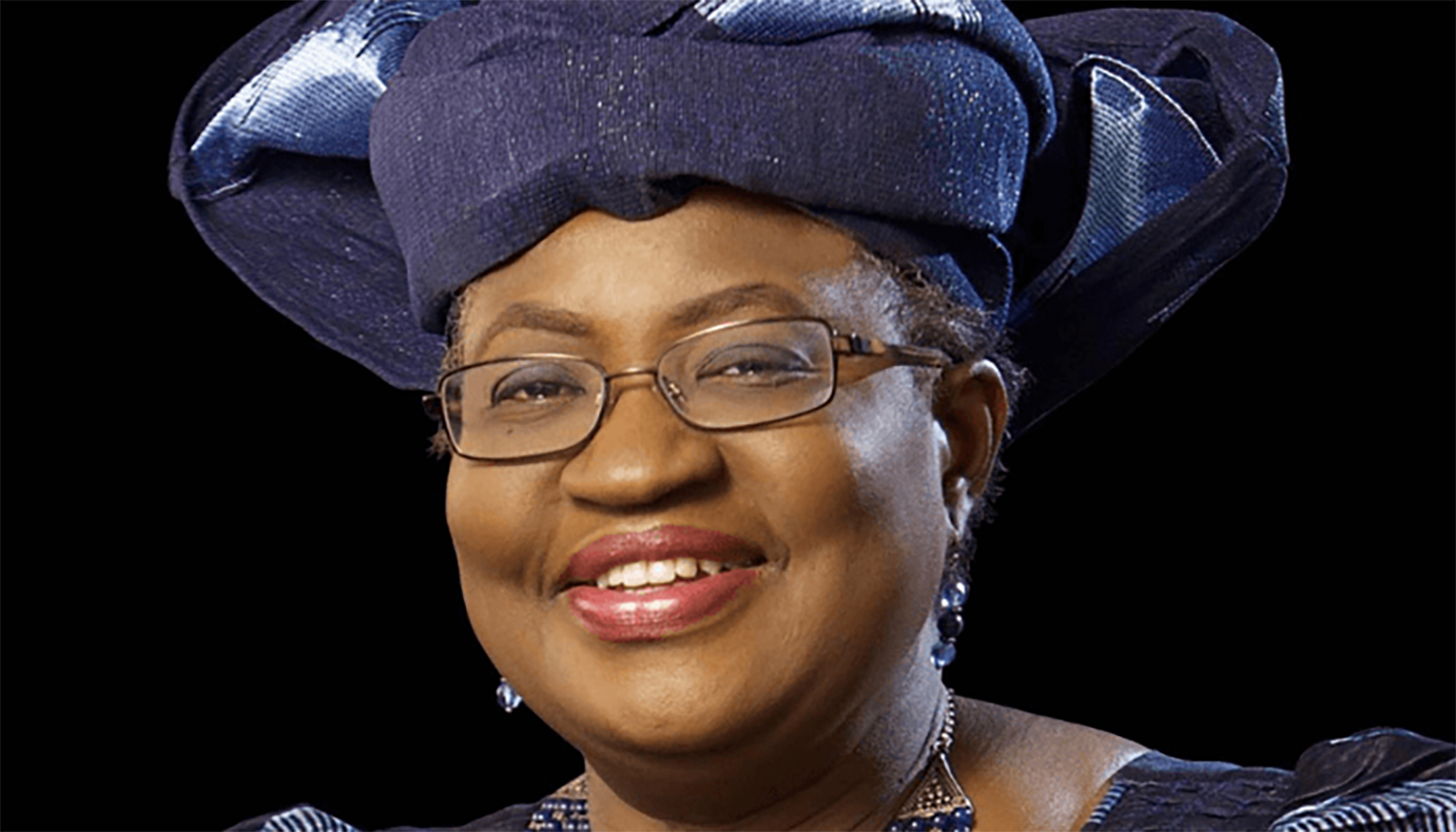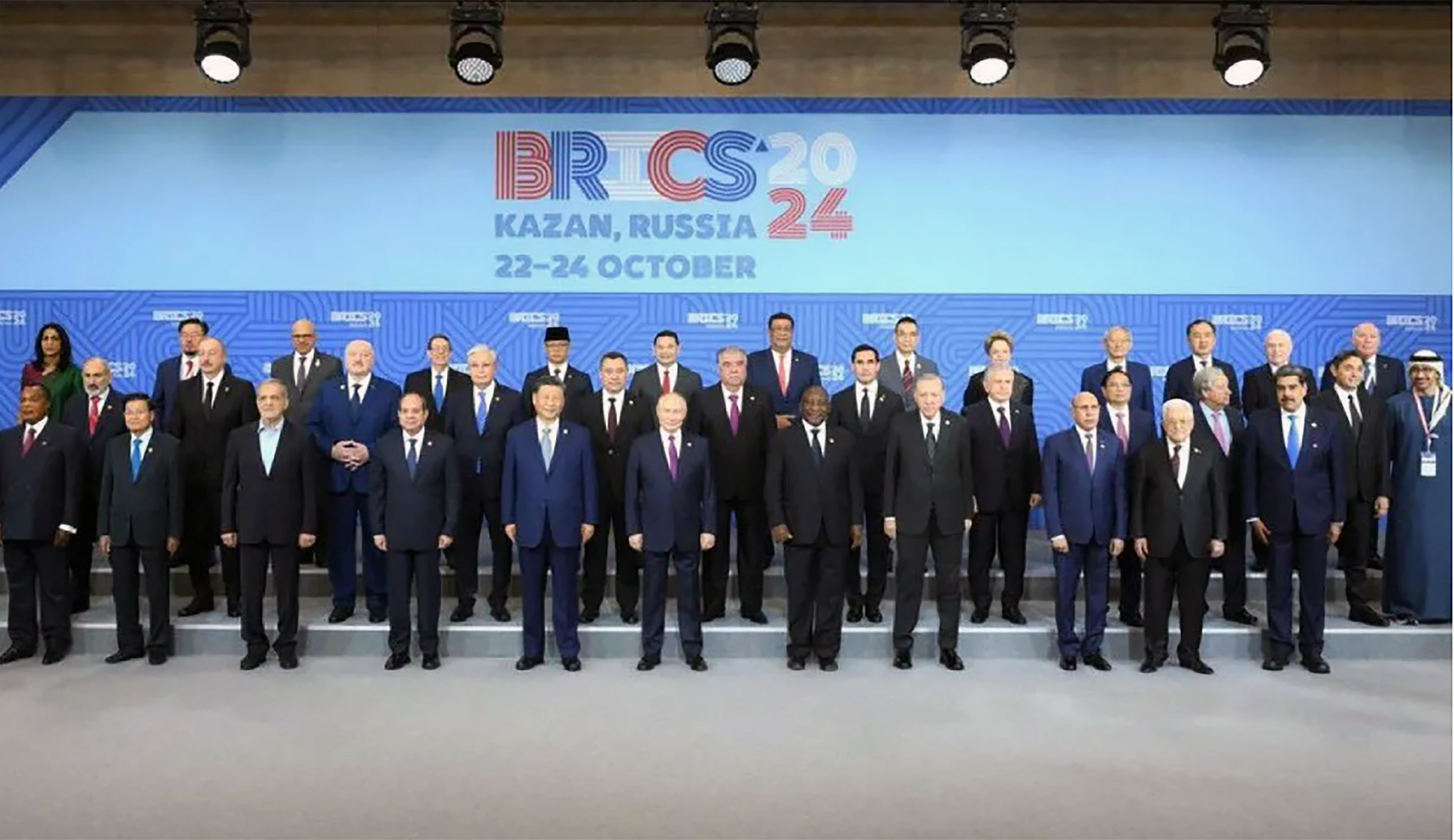ICT’s UGX380 bn budget allocation welcome, but…

Ms Sylvia Mulinge insists that now is the time for stakeholders to act decisively and ensure that every Ugandan is empowered to thrive in the digital age.
The recent reading of Uganda’s 2025/26 national budget offers timely insight into the government’s development agenda, and one area that stands out is the renewed emphasis on digital transformation.
From the UGX72.1 trillion resource envelope presented by Finance Minister Matia Kasaija, UGX381.75 billion has been allocated toward the ICT and digitisation agenda. This represents a more than 55% increase from the previous year - a significant uplift that signals a growing recognition of the digital economy as a strategic driver of national development.
When combined with the nearly UGX836 billion committed to the broader digital ecosystem including infrastructure, e-government platforms, and innovation hubs, the direction of policy is clear: Uganda is betting big on digital.
- This shift marks a welcome departure from the days when ICT was viewed as a peripheral cost centre. Today, it is rightly being positioned as a core enabler of socio-economic transformation. And the timing couldn’t be more critical. Uganda’s current internet penetration stands at just over 60%, trailing digital leaders on the continent such as South Africa, Morocco, and Ghana, all of which boast connectivity rates north of 70%. This digital gap, if left unaddressed, risks deepening inequality and excluding millions from the benefits of the Fourth Industrial Revolution.
The potential of expanded digital access is transformative. In healthcare, telemedicine platforms could connect rural clinics with urban specialists, improving diagnosis and mitigating staff shortages. In education, reliable internet can bring the national curriculum to life for learners in remote districts, enhancing engagement and performance. And in agriculture, digital tools such as weather apps, mobile-based advisory services, and real-time market platforms can empower farmers to make informed decisions and maximise productivity.
MTN Uganda recognises the government’s renewed commitment to digitalisation and welcomes it. As a long-standing partner in this space, MTN has already laid over 17,000 kilometres of fibre optic cable across the country and upgraded its 4G and 5G networks to expand access in underserved areas. In parallel, we’ve introduced flexible smartphone financing solutions, working with local partners to ensure that more Ugandans especially in low-income brackets can come online and participate in the digital economy.
- But to translate the budget’s ambitions into real-world impact, several structural bottlenecks must be addressed.
Firstly, digital literacy. Access without empowerment is ineffective. Network coverage, no matter how widespread, will fall short if people lack the skills to navigate the internet or use digital tools productively. Many rural communities remain unfamiliar with even the most basic digital applications. Government-led training programmes are a good start, but they need to scale significantly. This is where partnerships become crucial between government, private sector players like MTN, NGOs such as the Maendeleo Foundation, and local community-based organisations to deliver practical, localised training that bridges the knowledge gap.
Secondly, device access. Even in areas with reliable internet connectivity, many Ugandans still lack the smartphones or computers needed to participate meaningfully in the digital space. Taxes and import duties on digital hardware, while necessary for revenue generation, can unintentionally deepen what’s often referred to as the “secondary access gap.” To accelerate device adoption, policymakers could explore targeted tax exemptions or incentives on essential digital devices especially those geared toward education and agriculture while encouraging financing schemes that make ownership more affordable.
Thirdly, financial inclusion. Mobile money has been a game-changer for Uganda’s financial landscape. However, taxes particularly on small withdrawals risk slowing adoption and pushing users back toward informal, cash-based systems. As such, a balanced review of the mobile money tax regime could help maintain momentum in the shift to digital finance while supporting the broader formal economy.
Infrastructure development, too, remains uneven. Urban centres have benefited from extensive fibre rollout—Uganda’s total fibre footprint now exceeds 48,000 kilometres—but rural communities, protected areas, and refugee settlements continue to face limited access due to high deployment costs and modest commercial returns.
- The Universal Service Fund, established to fill this gap, must move faster. Targeted subsidies and support for shared infrastructure can help ensure that no region is left behind in Uganda’s digital march forward.
- However, the government’s investment in science and technology hubs is an encouraging signal. These centres can incubate homegrown digital solutions tailored to local needs from agri-tech innovations and health informatics to fintech tools for informal traders. But innovation ecosystems are more than just buildings. They require sustained investment, policy support, mentorship networks, and reliable high-speed connectivity to thrive.
At MTN Uganda, we understand that building a digital economy requires more than laying fibre and launching mobile apps. It requires trust, collaboration, and sustained effort. We stand ready to support the government not only as a service provider but as a development partner committed to inclusive growth, shared prosperity, and national transformation.
So, the 2025/26 budget lays a solid foundation. What happens in the months ahead would determine whether that foundation becomes a springboard for inclusive digital transformation or yet another missed opportunity. The stakes are high, but so is the potential. Now is the time to act decisively and ensure that every Ugandan is empowered to thrive in the digital age.
The author is the CEO of MTN Uganda.



